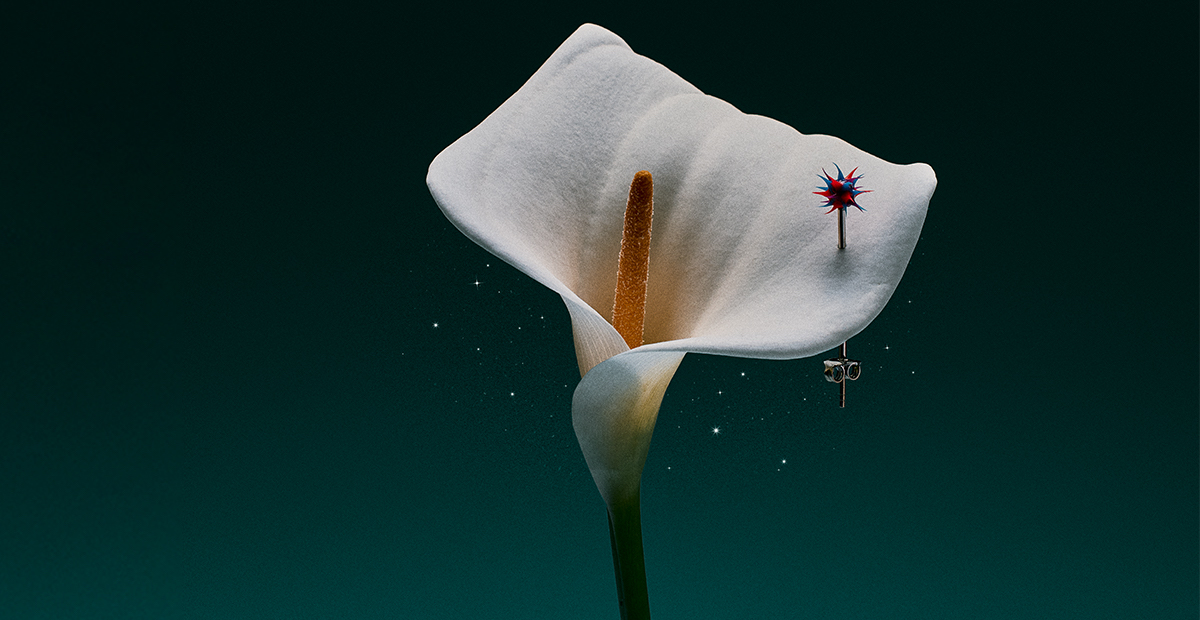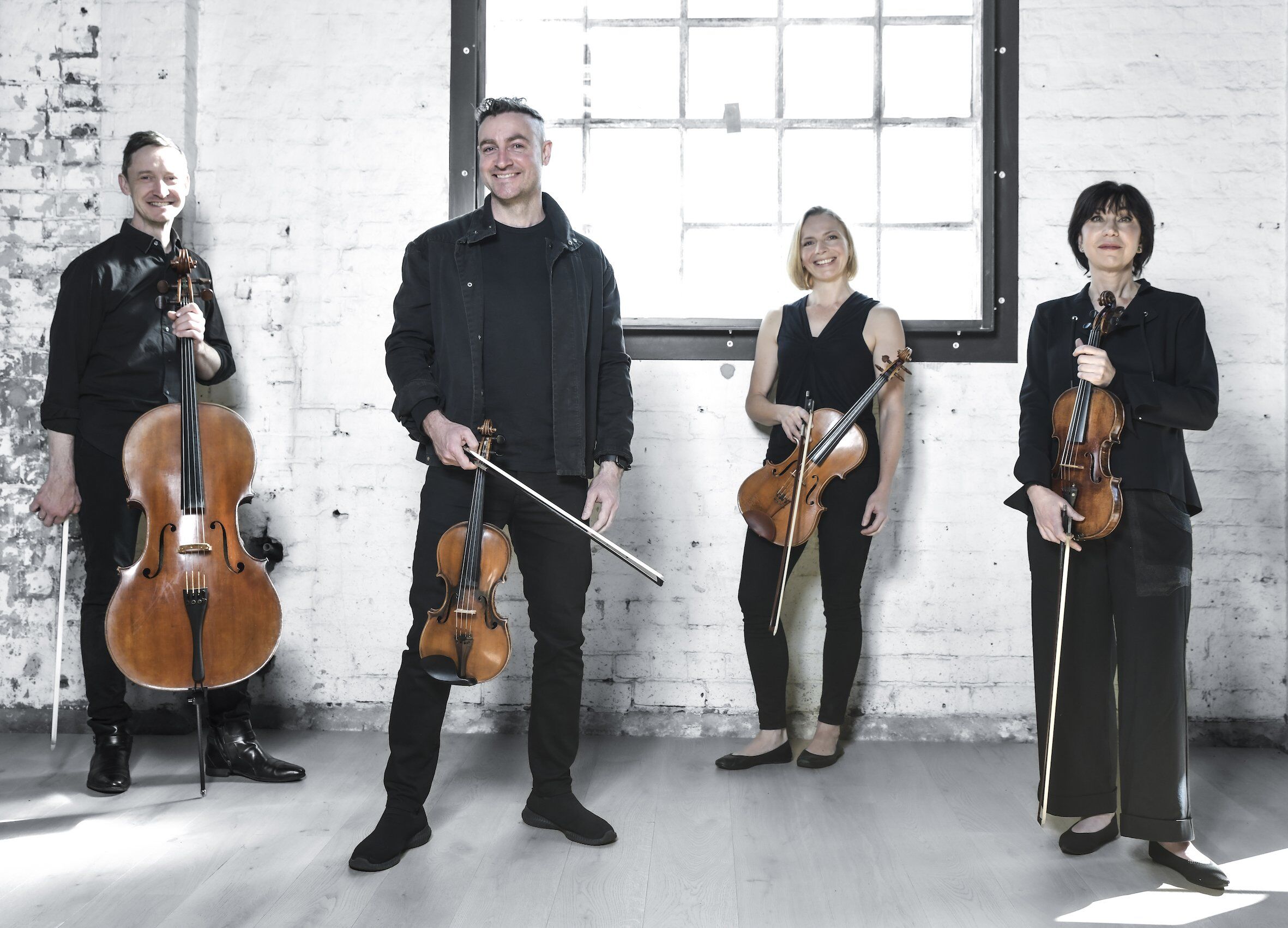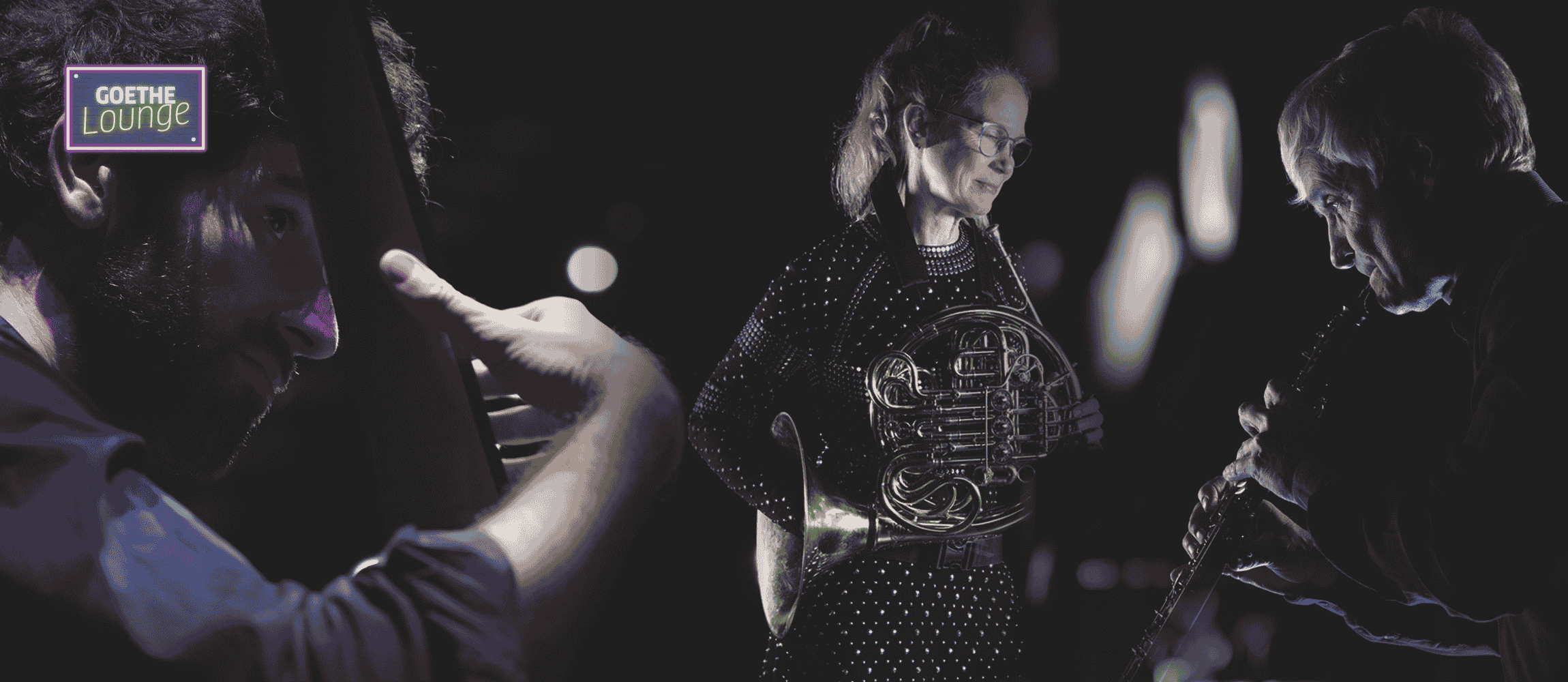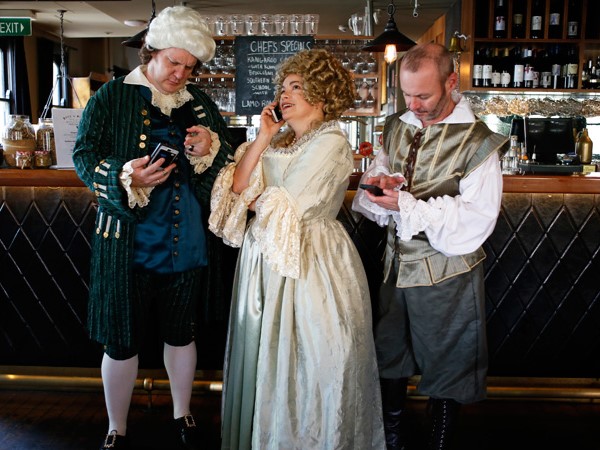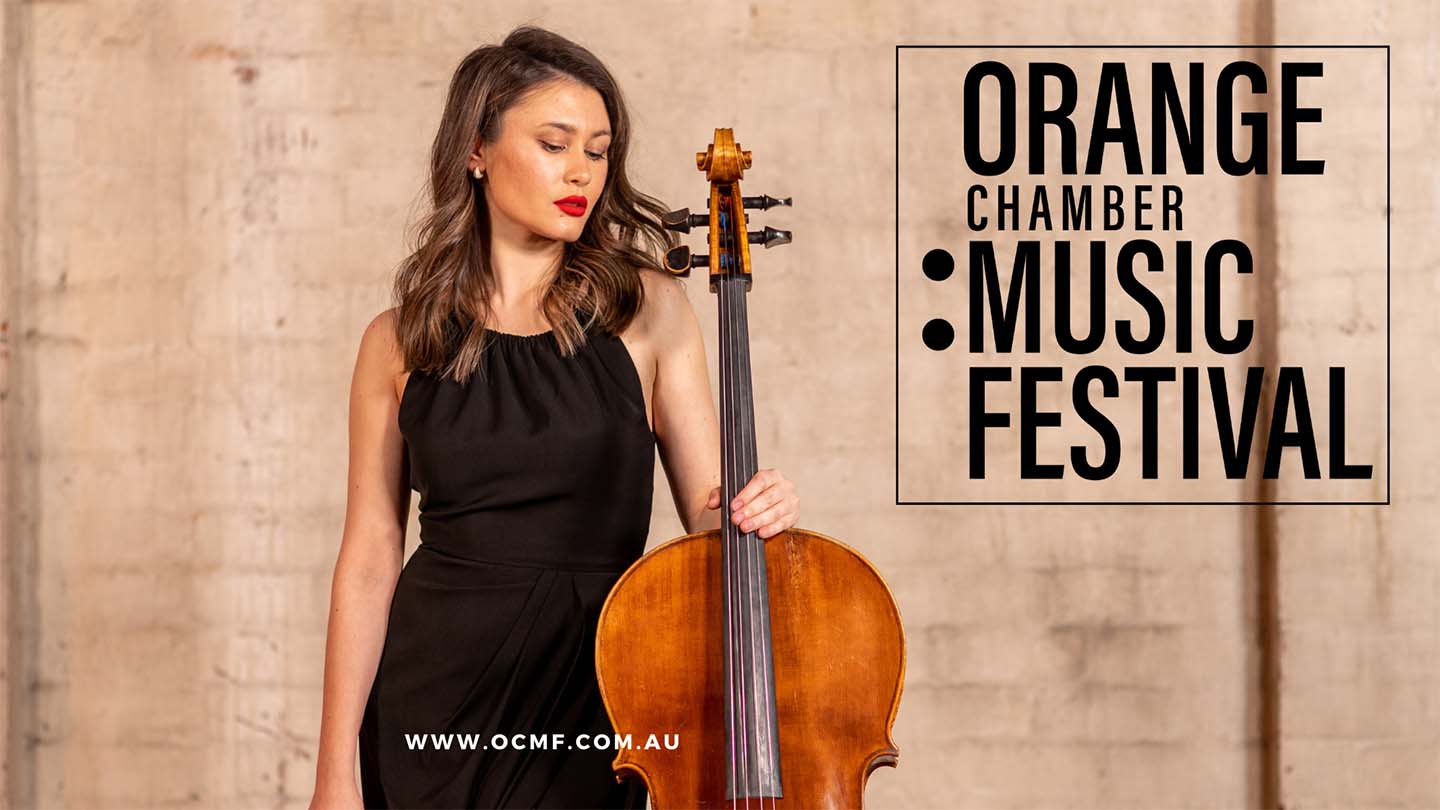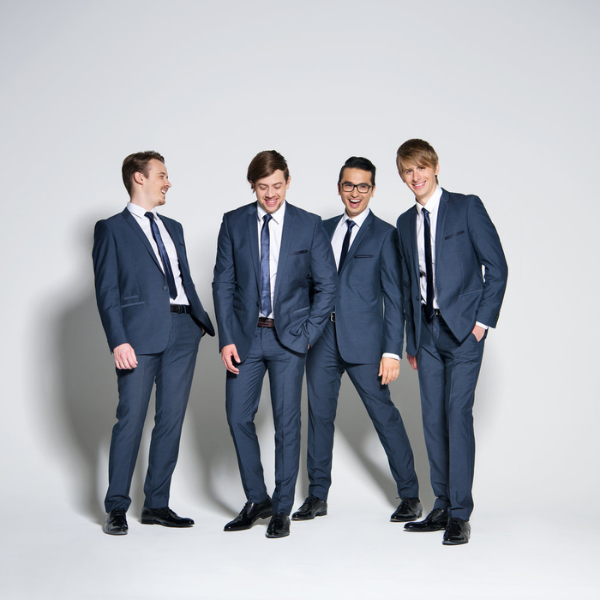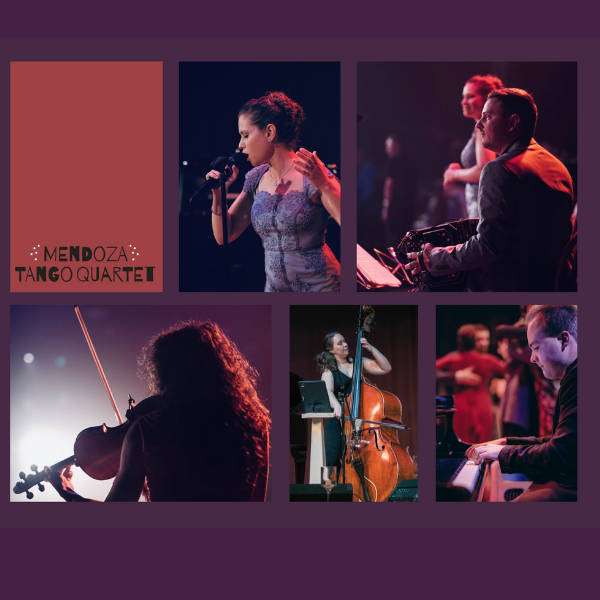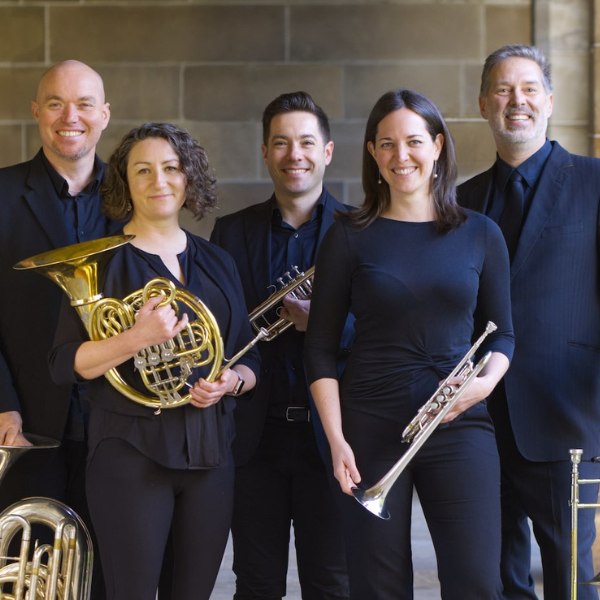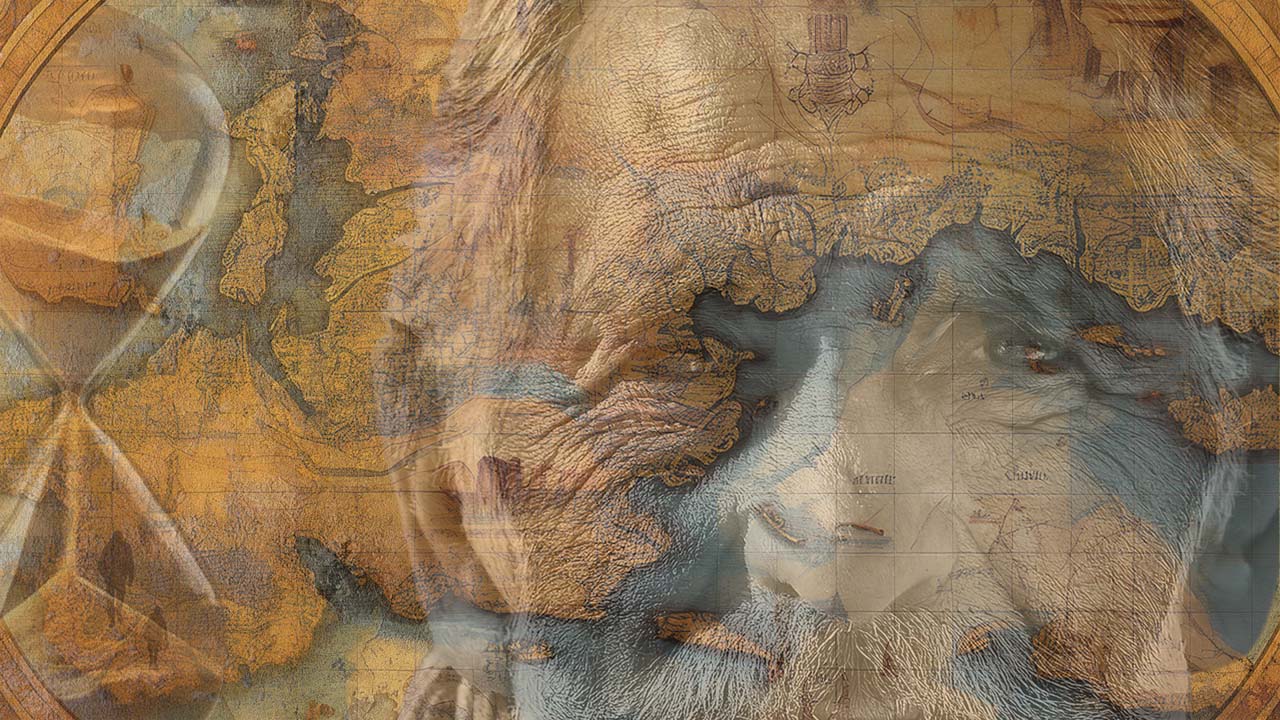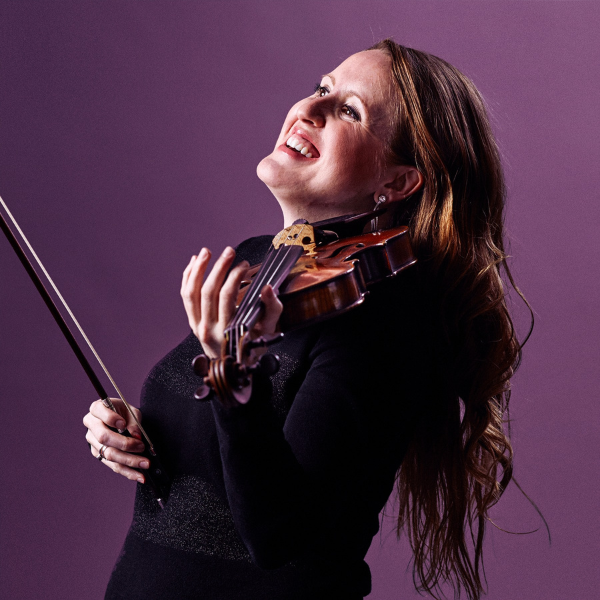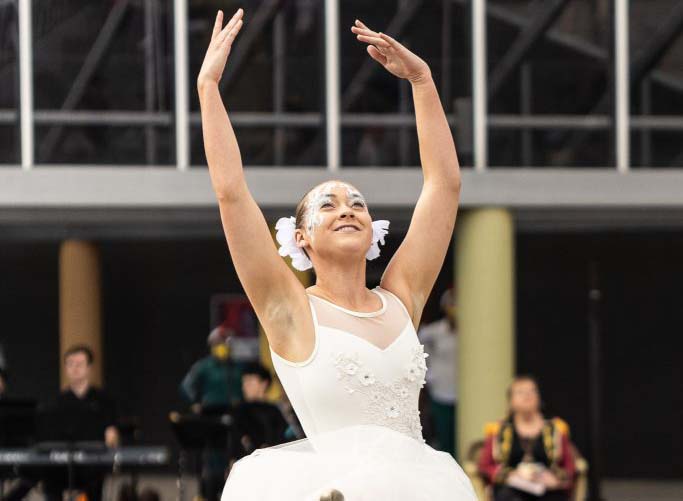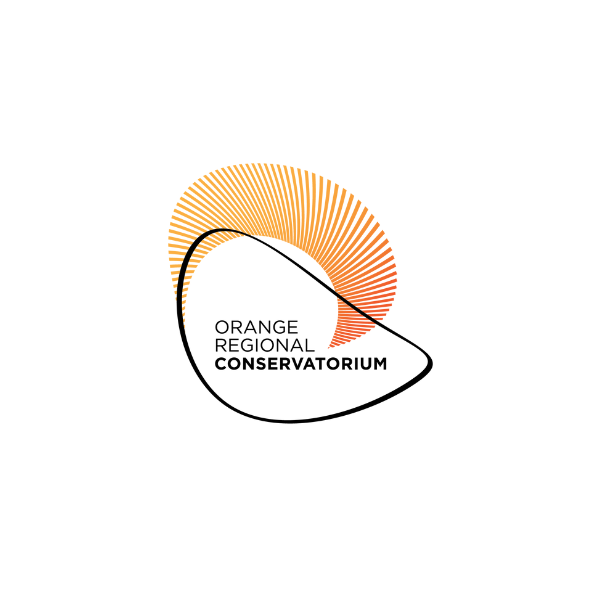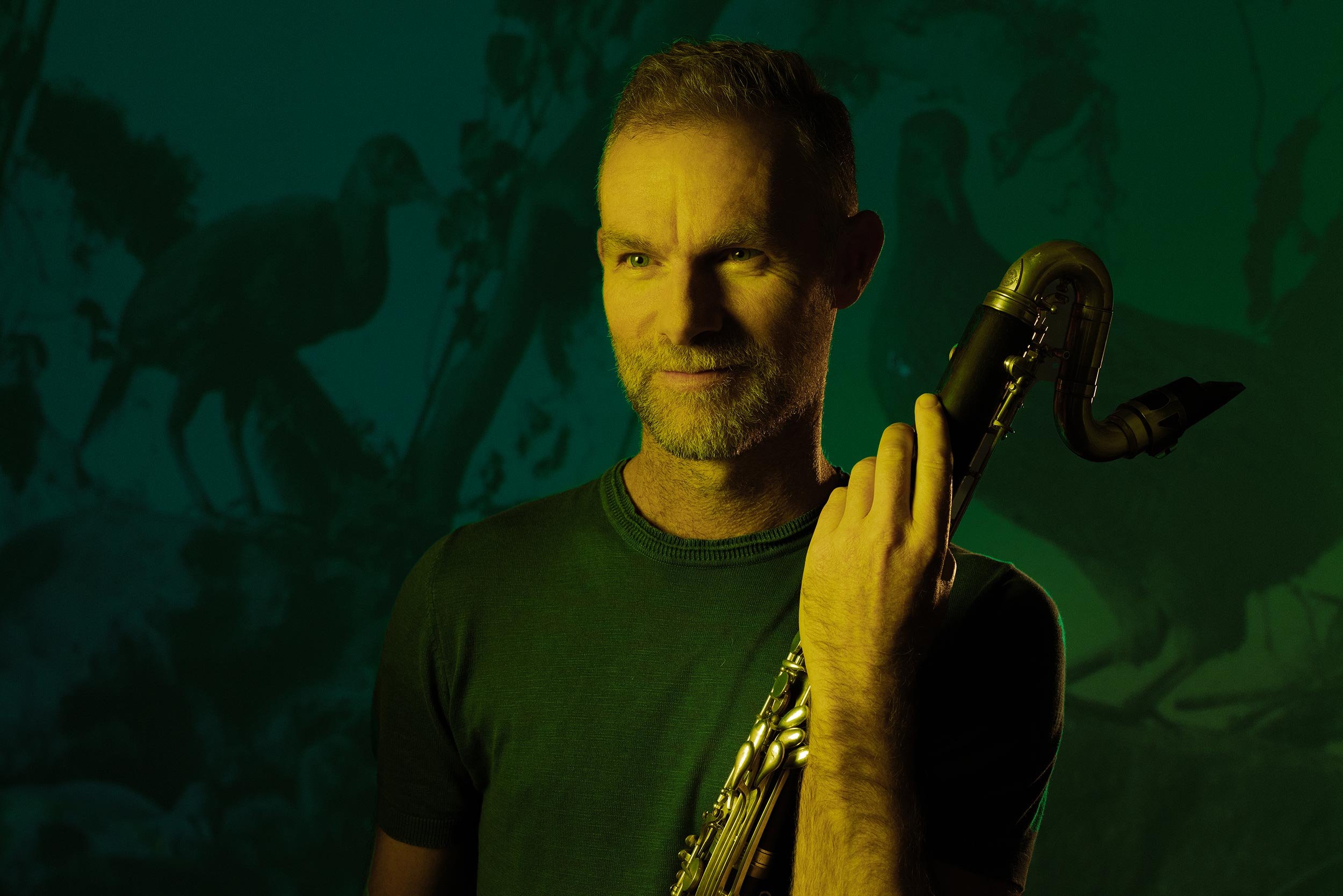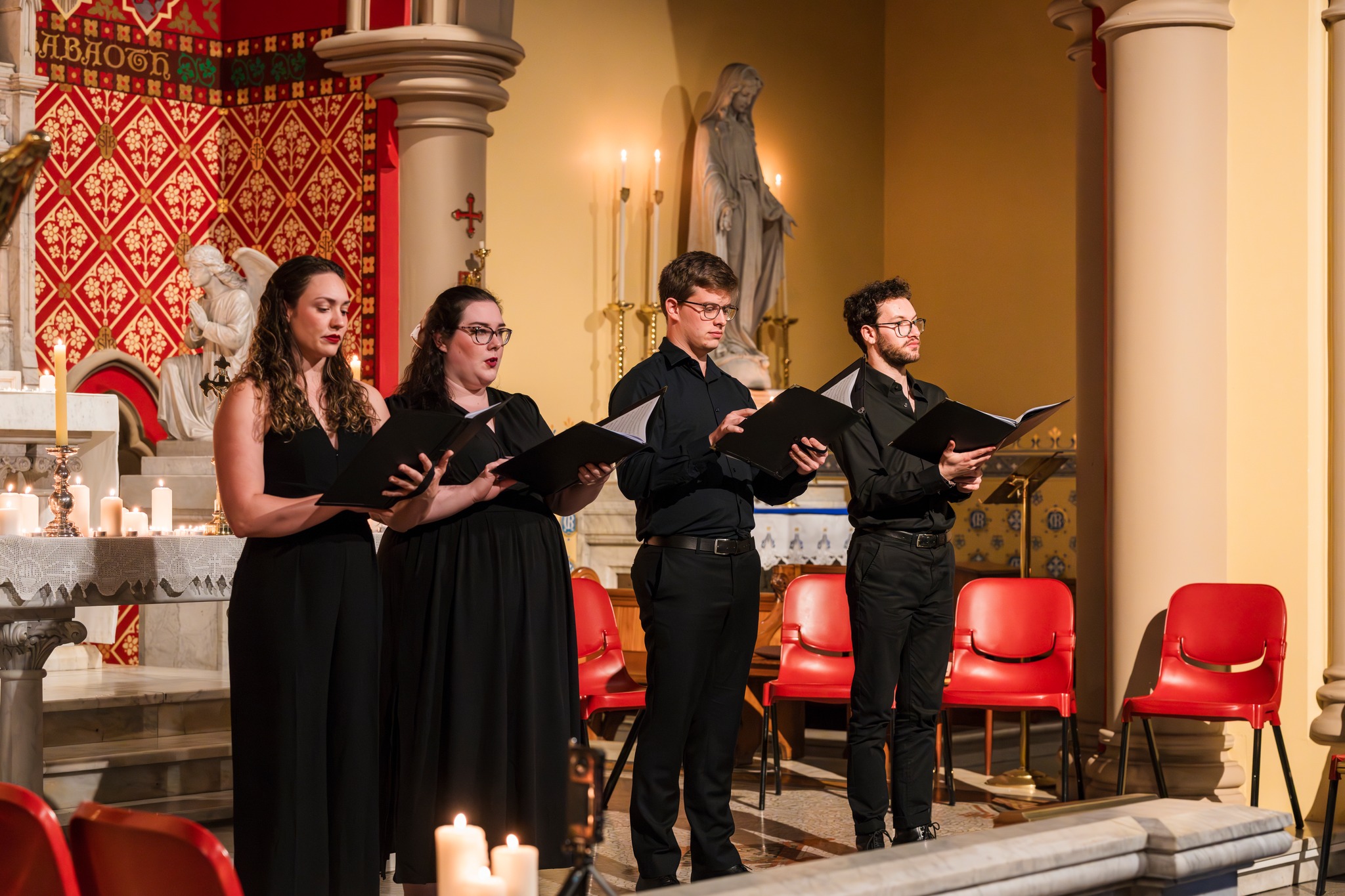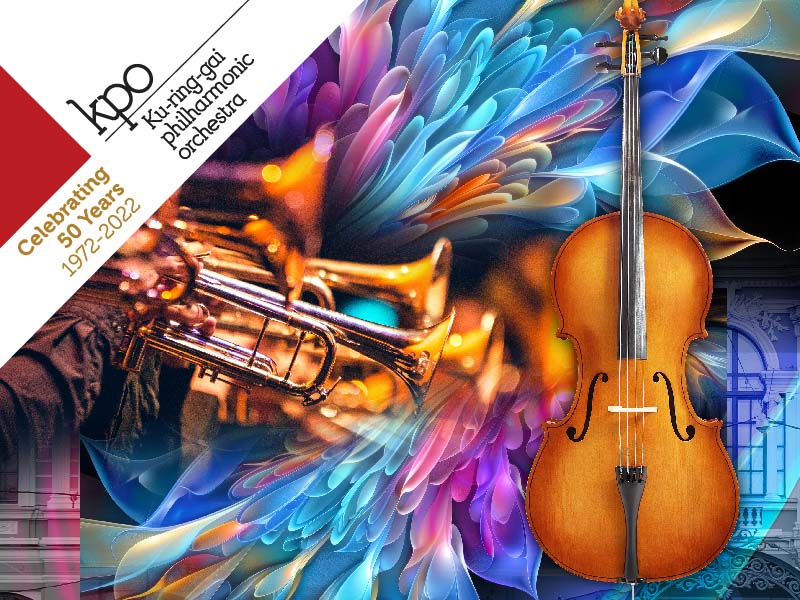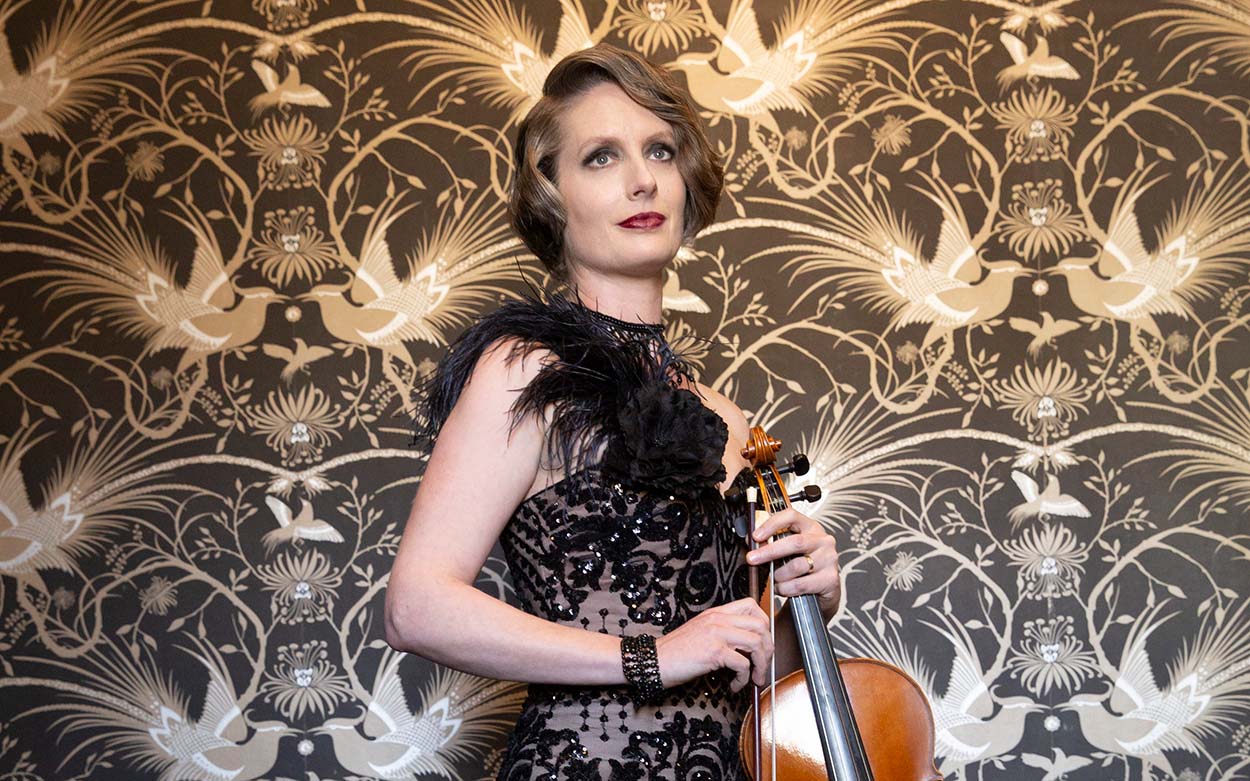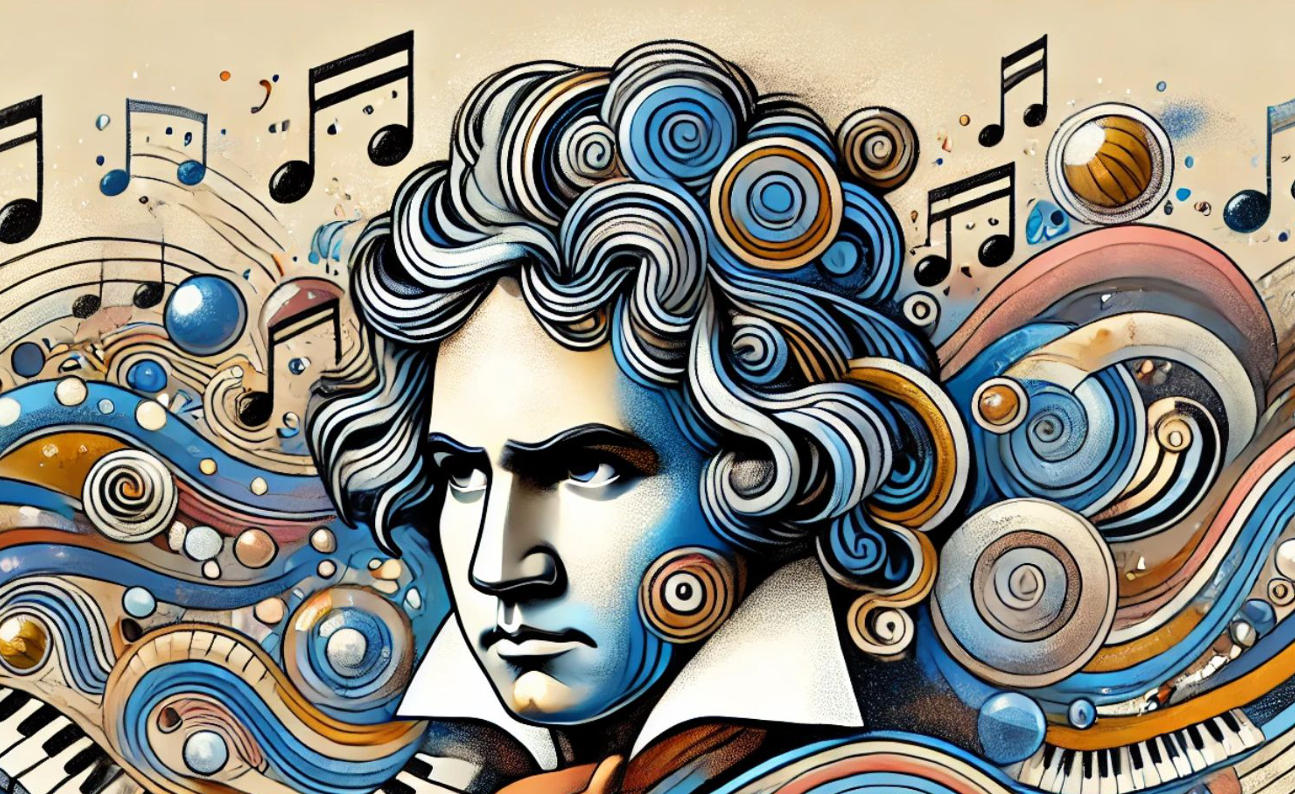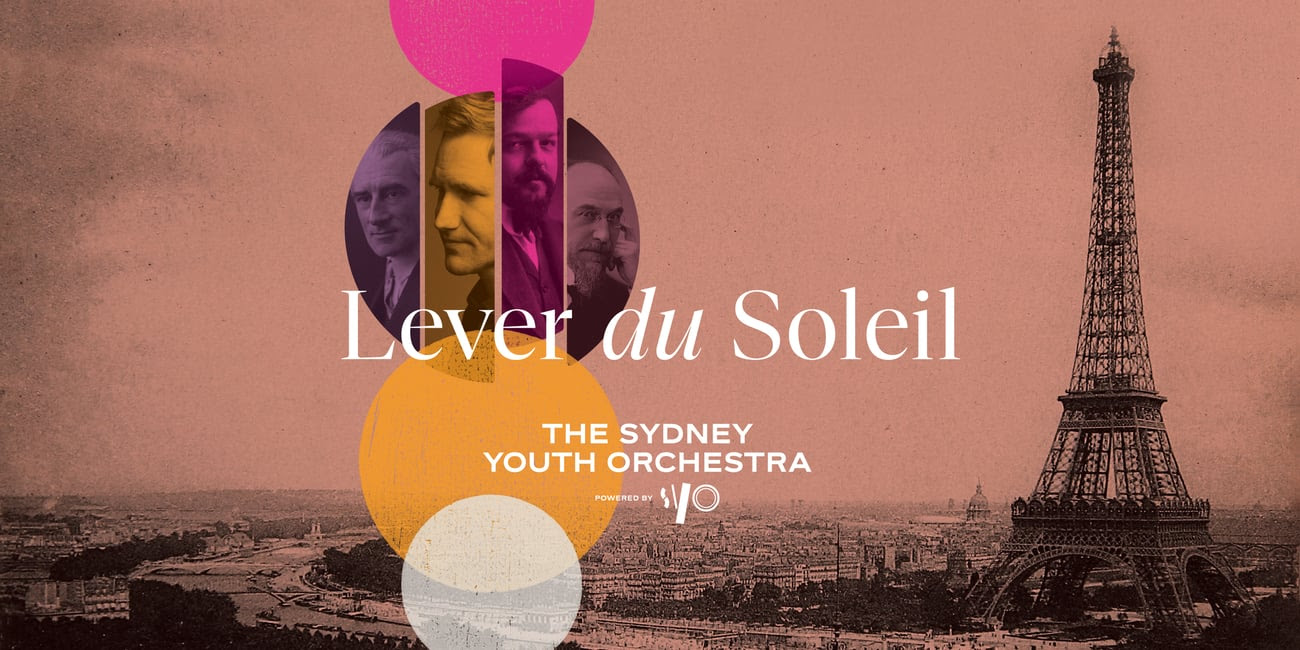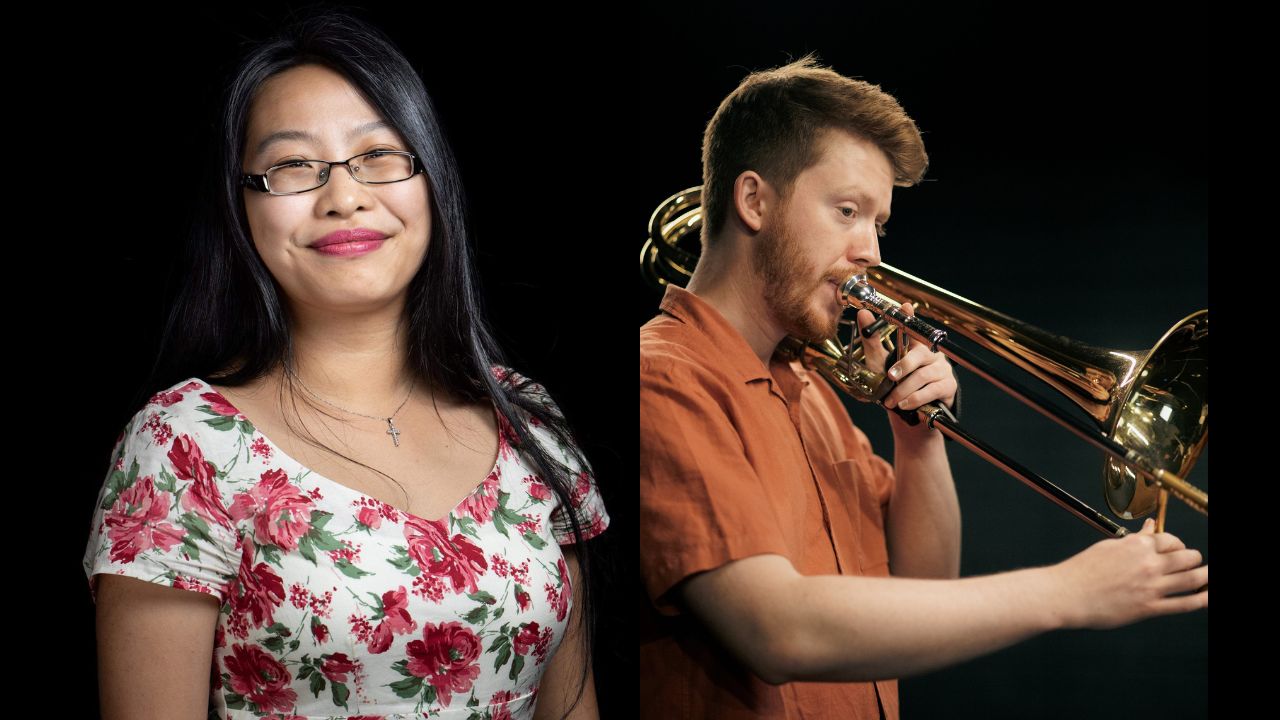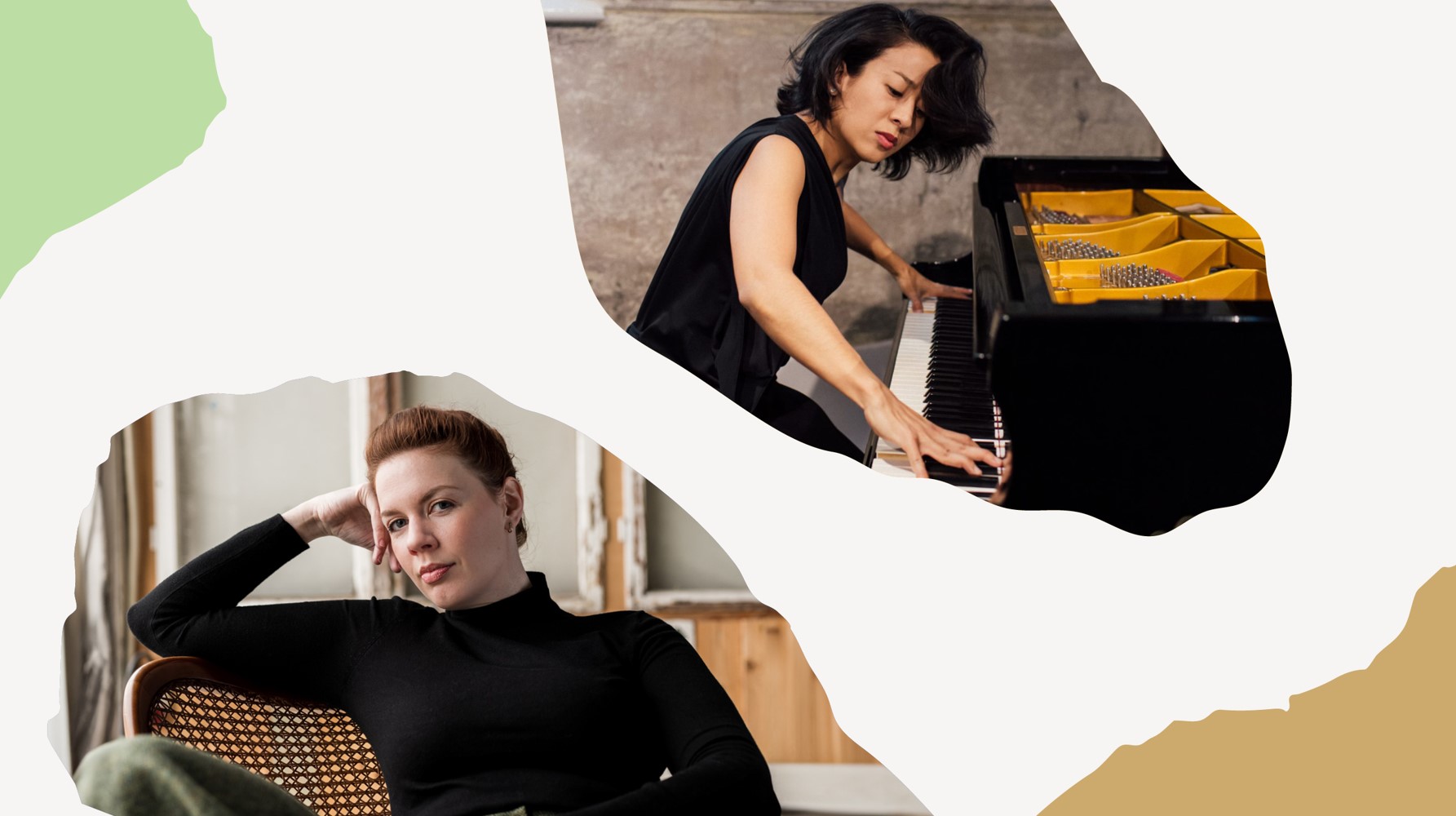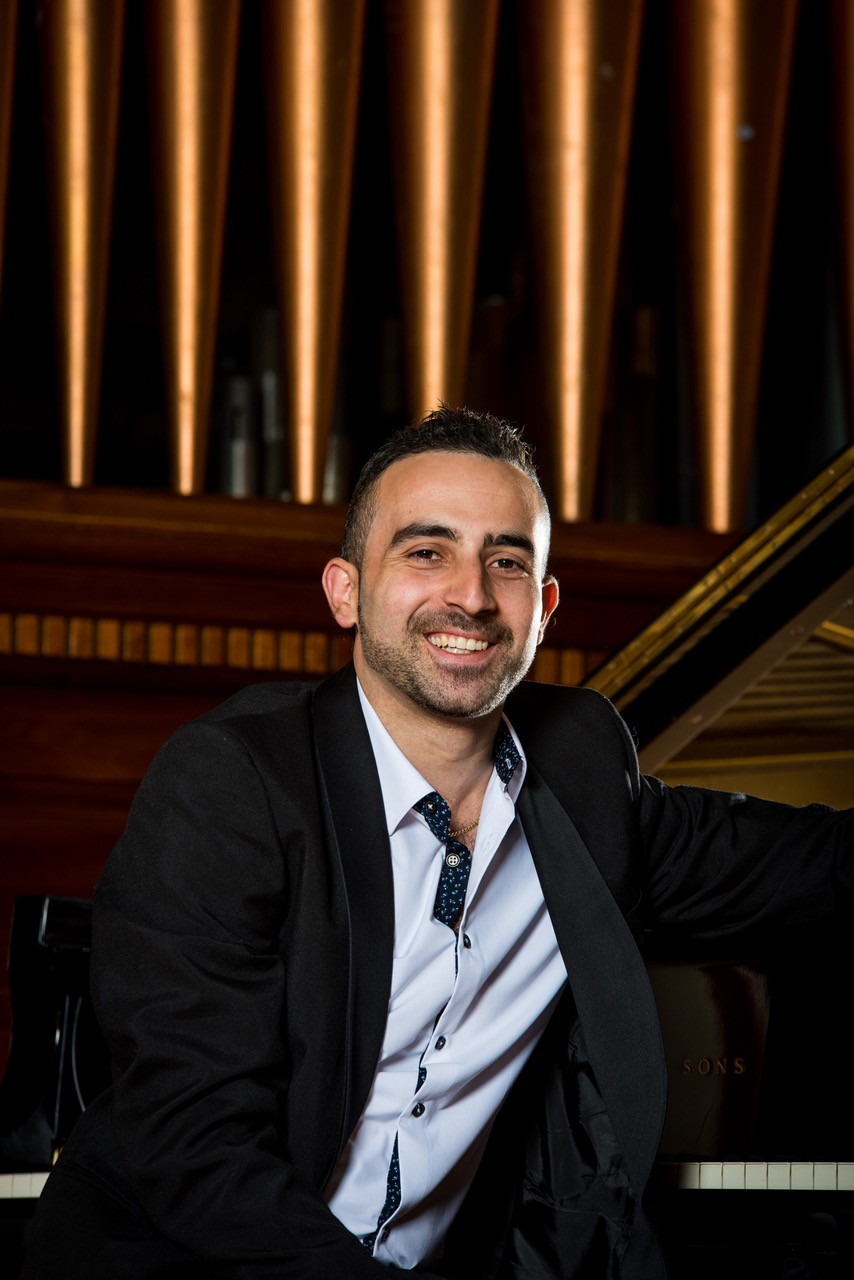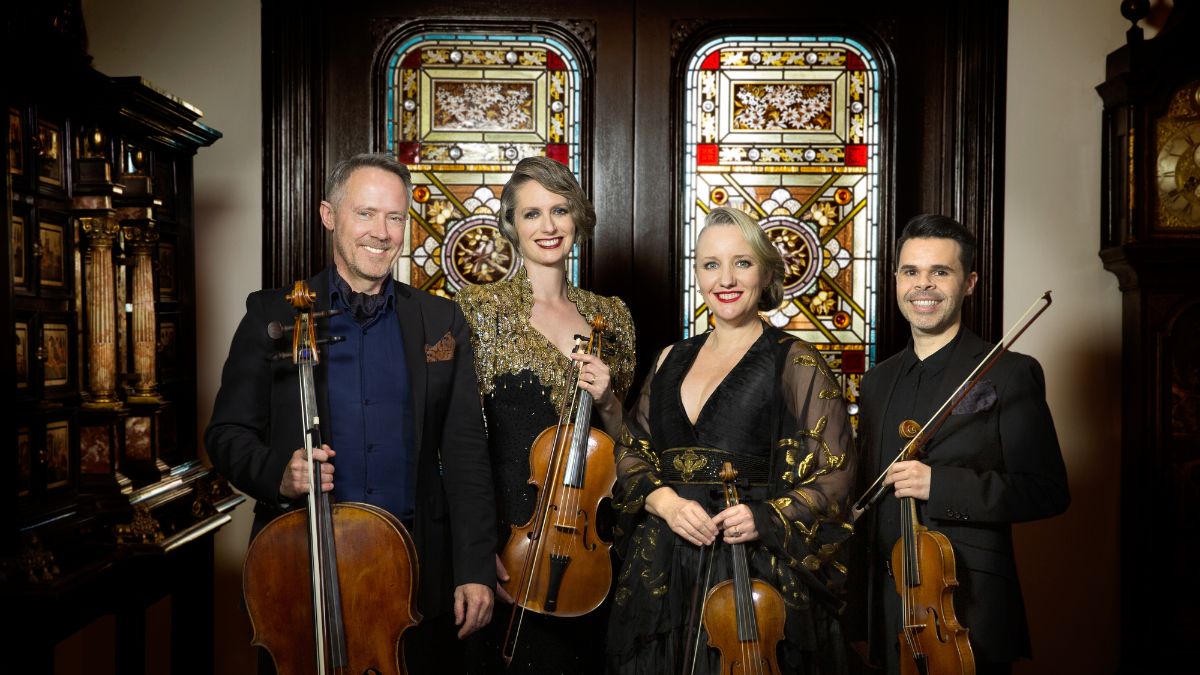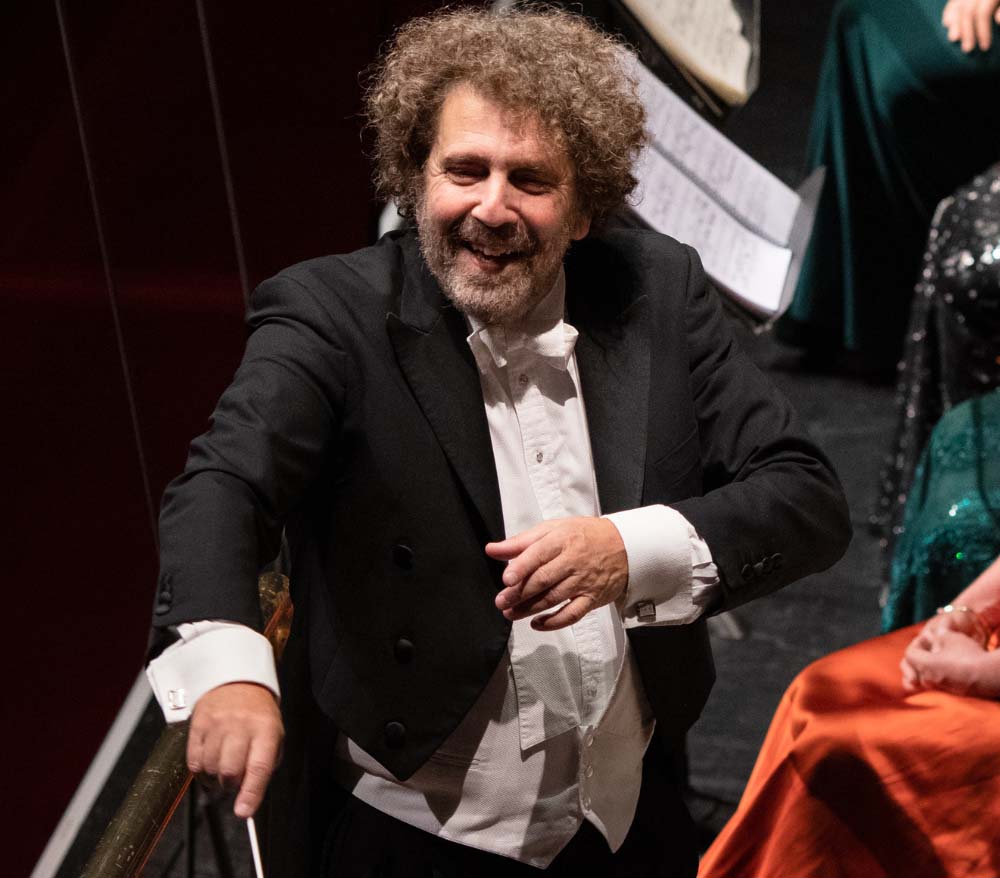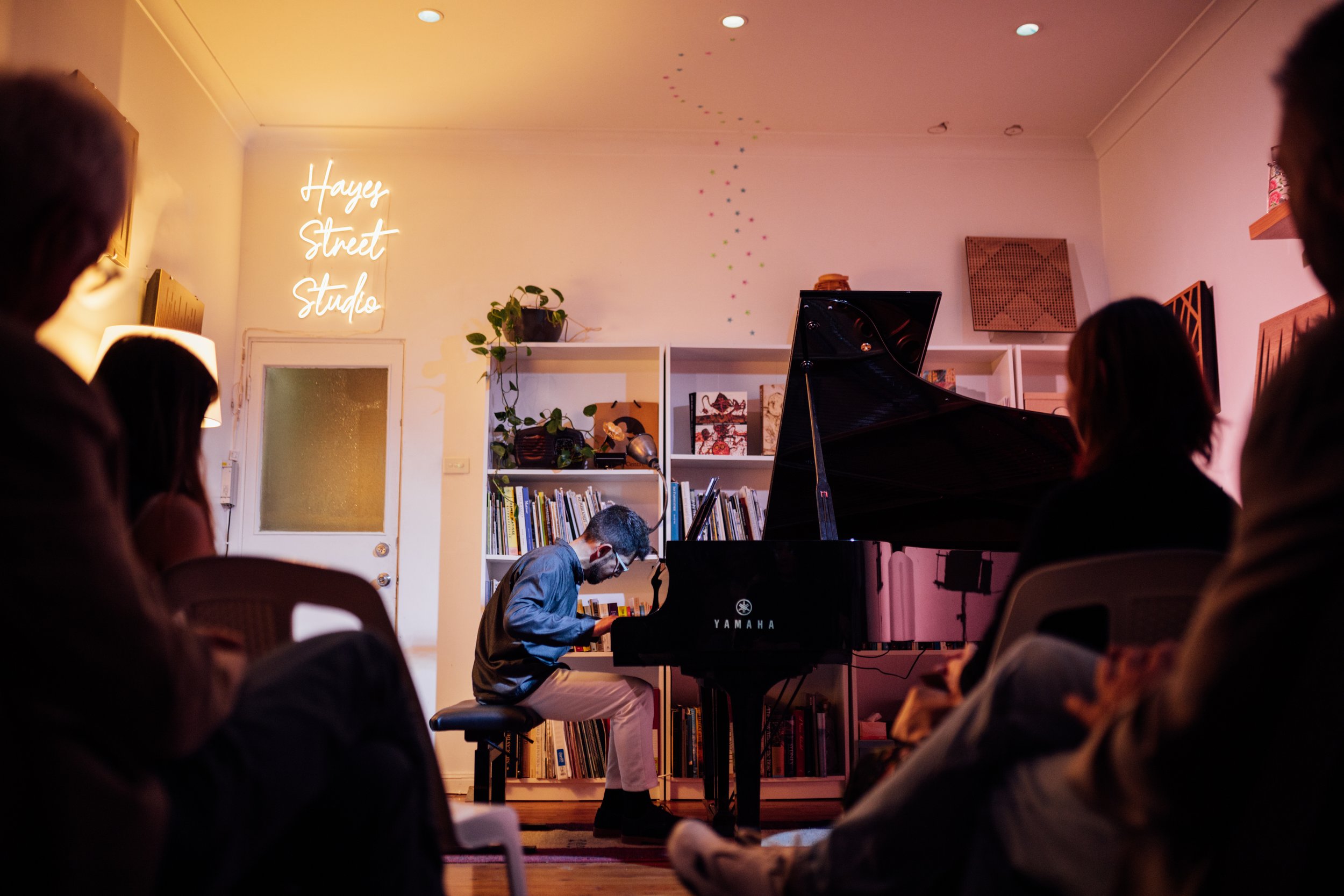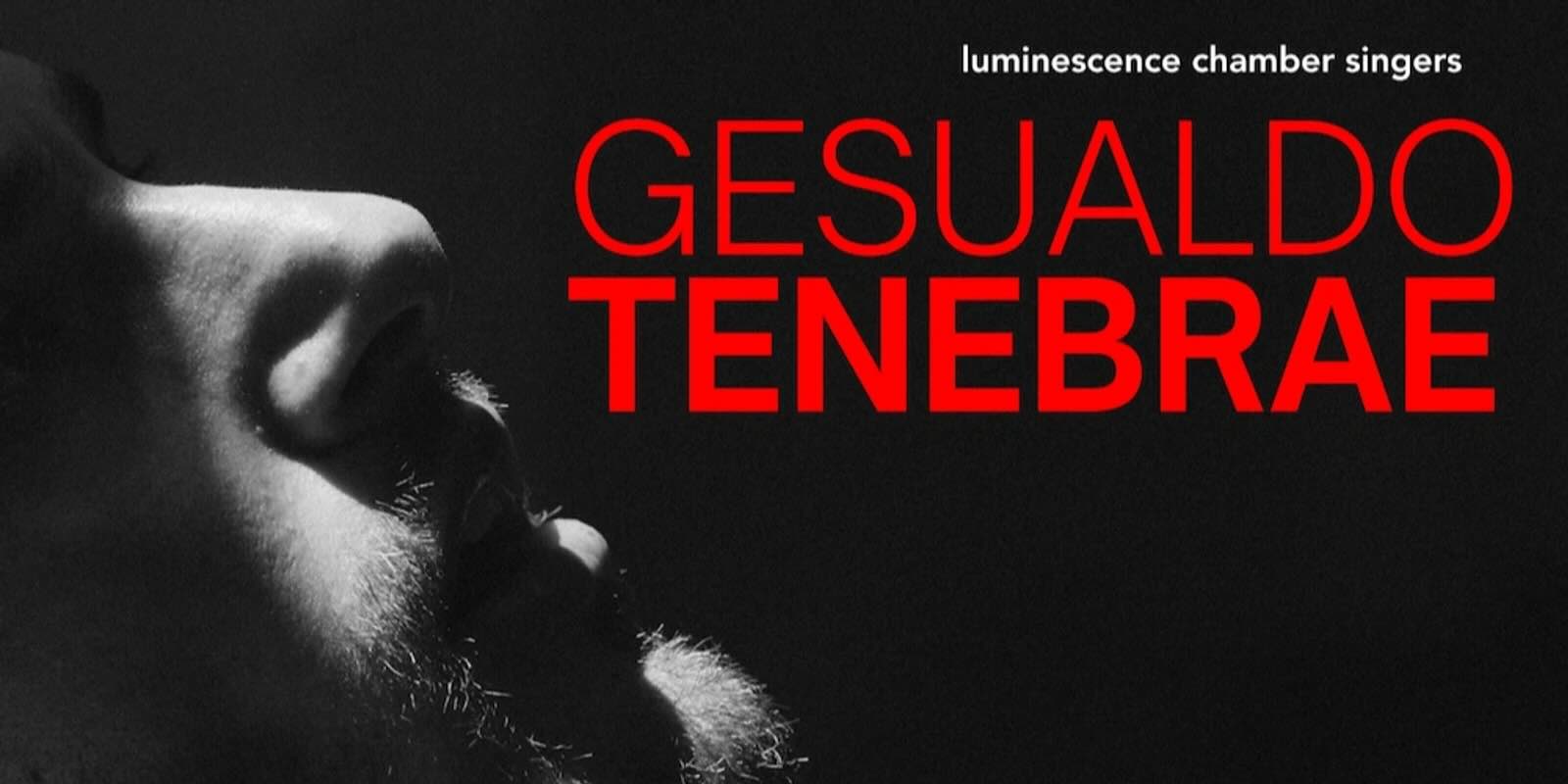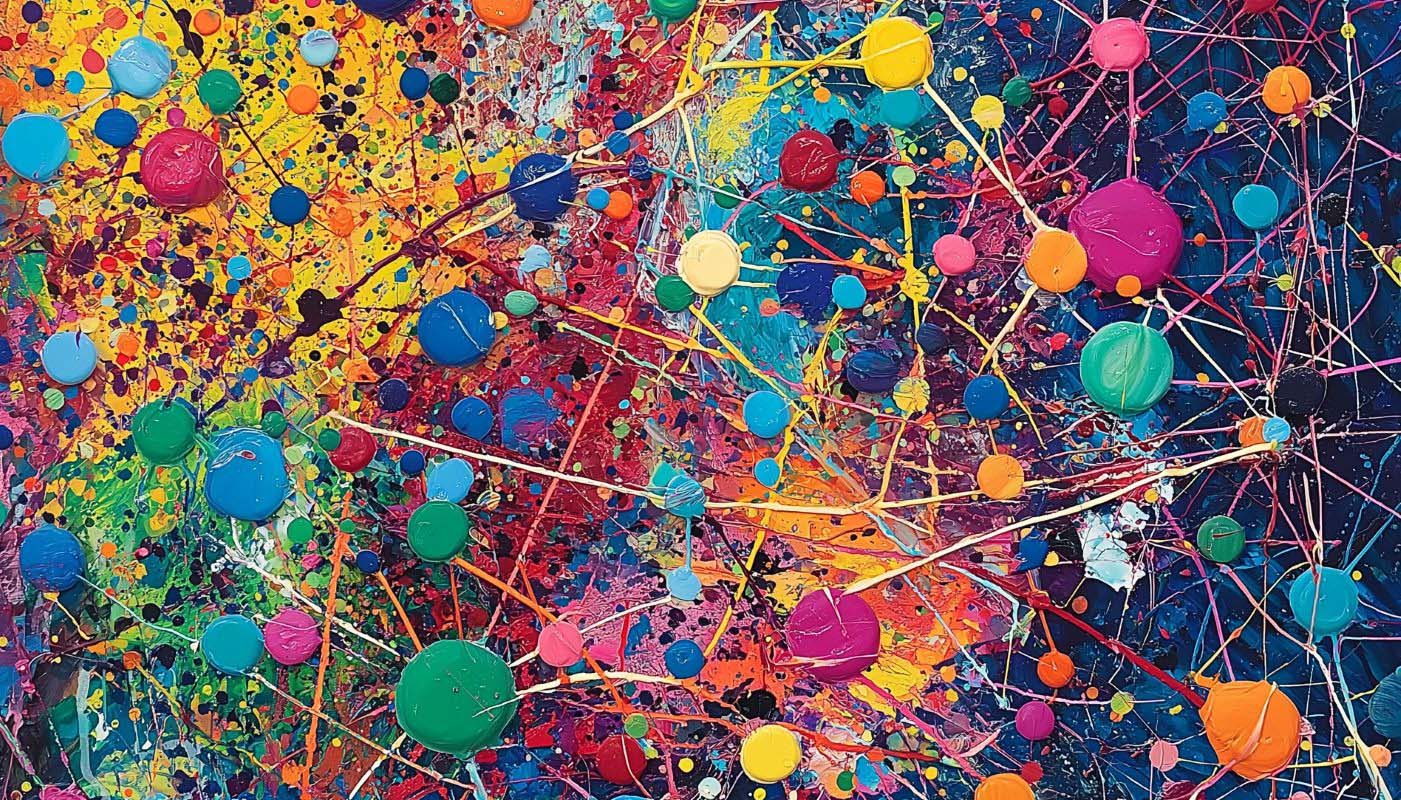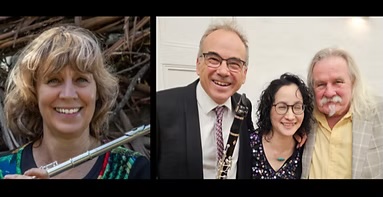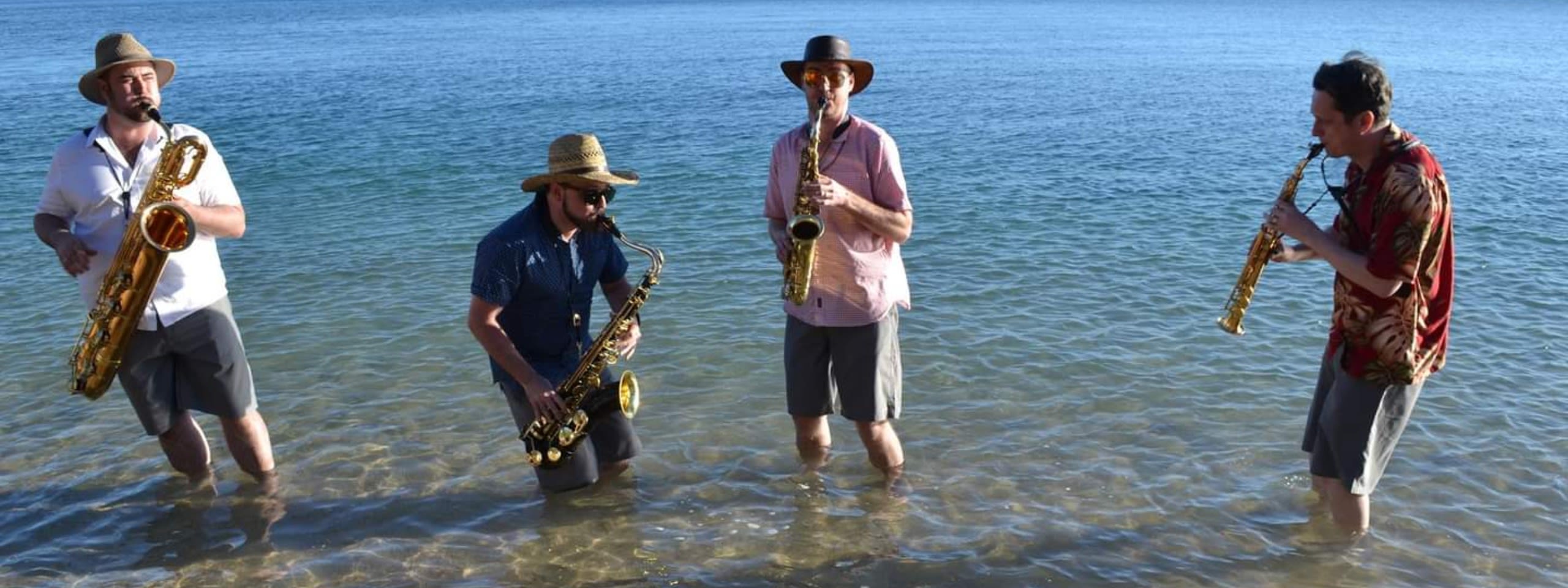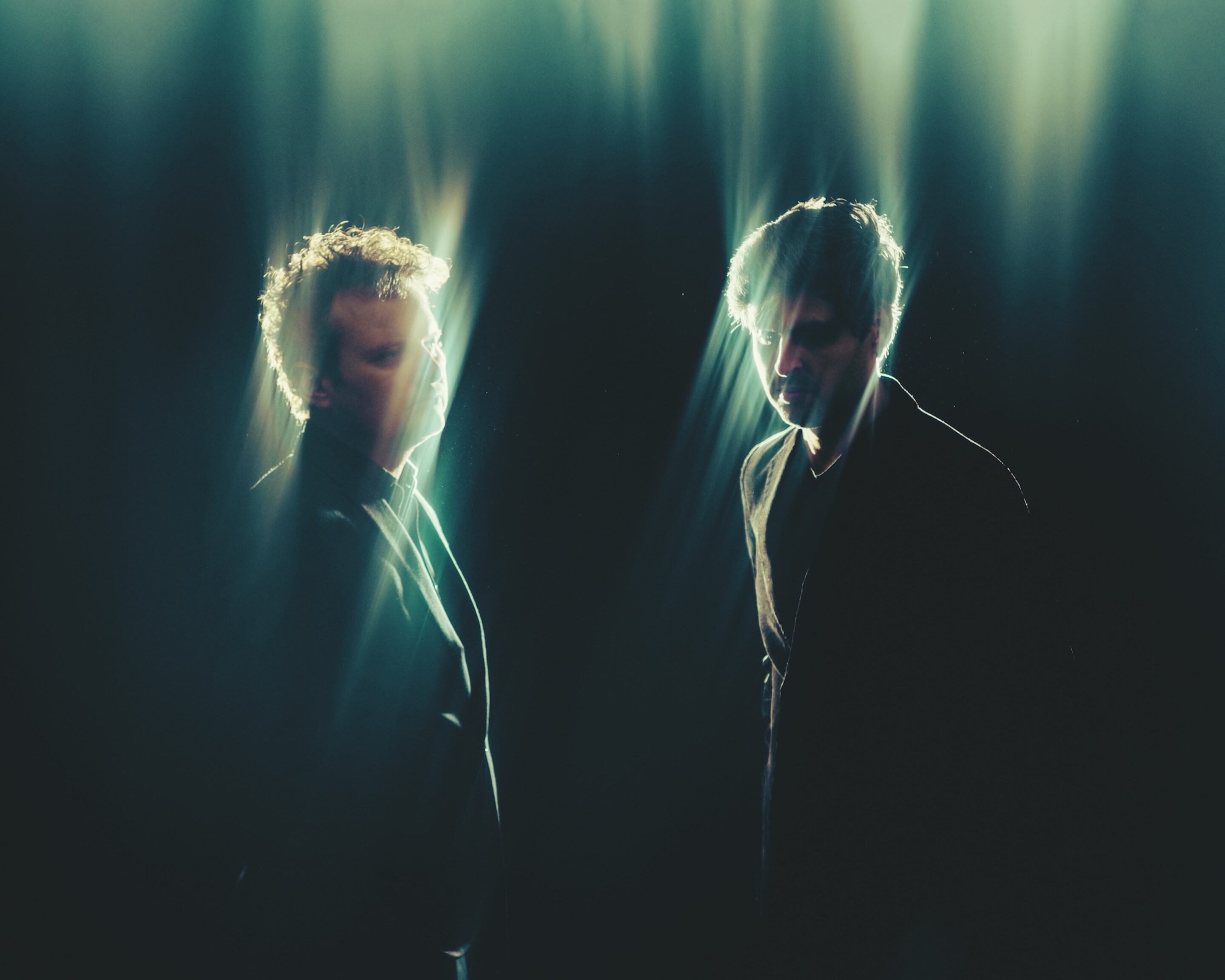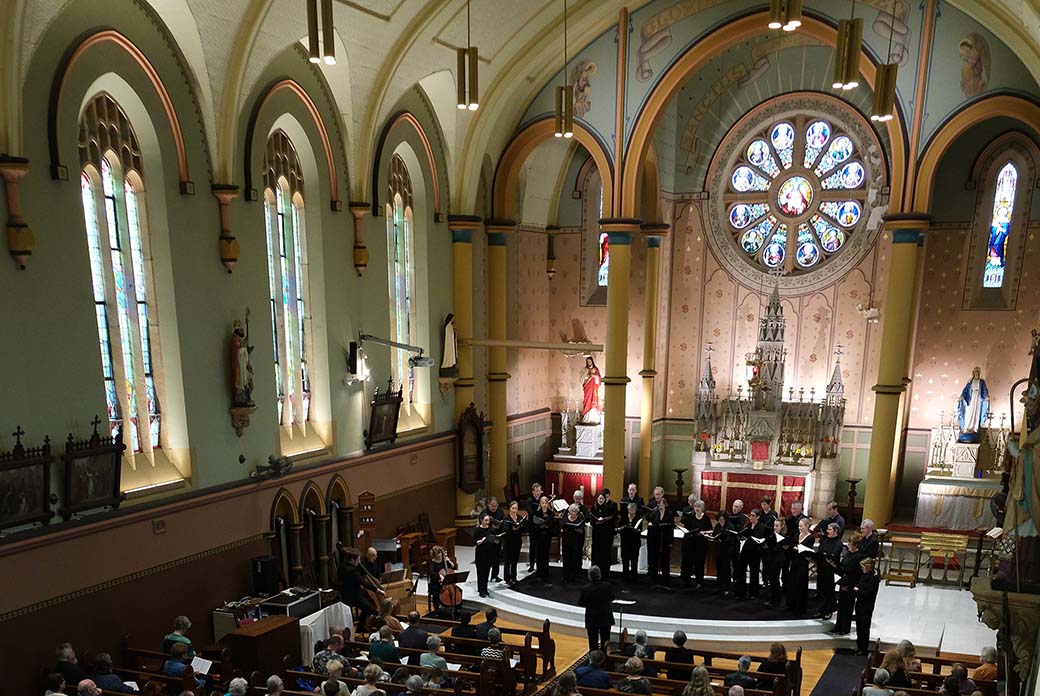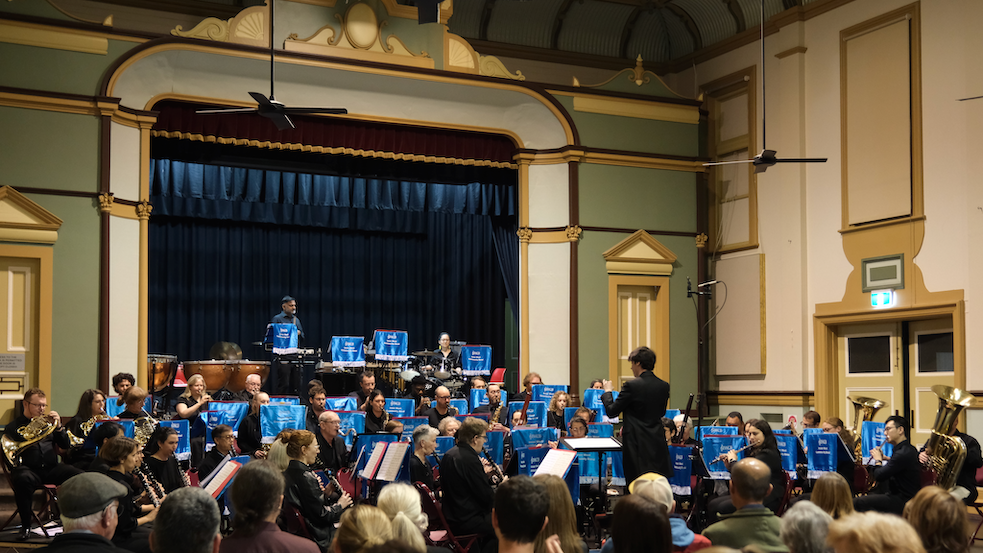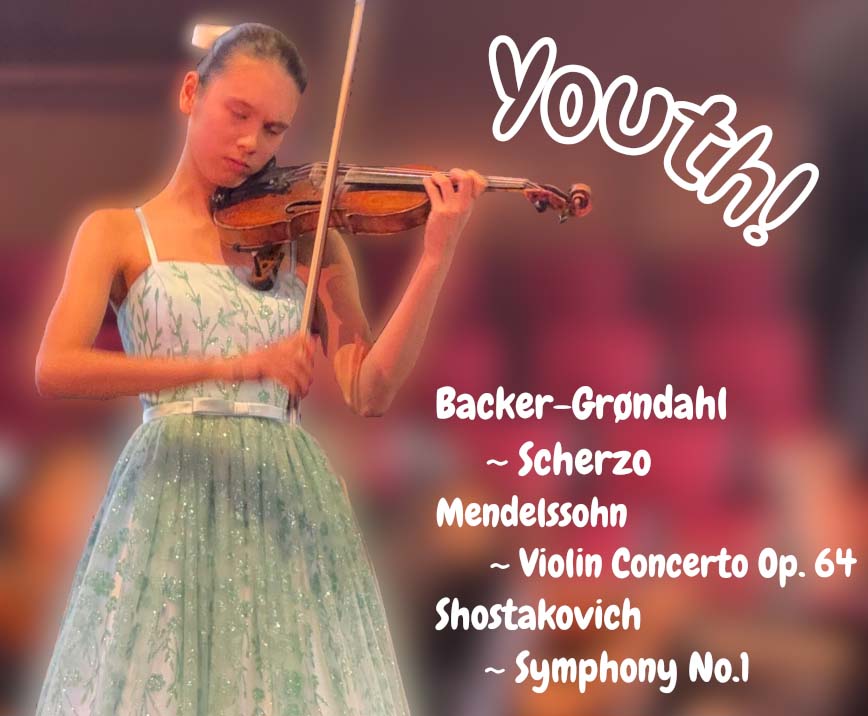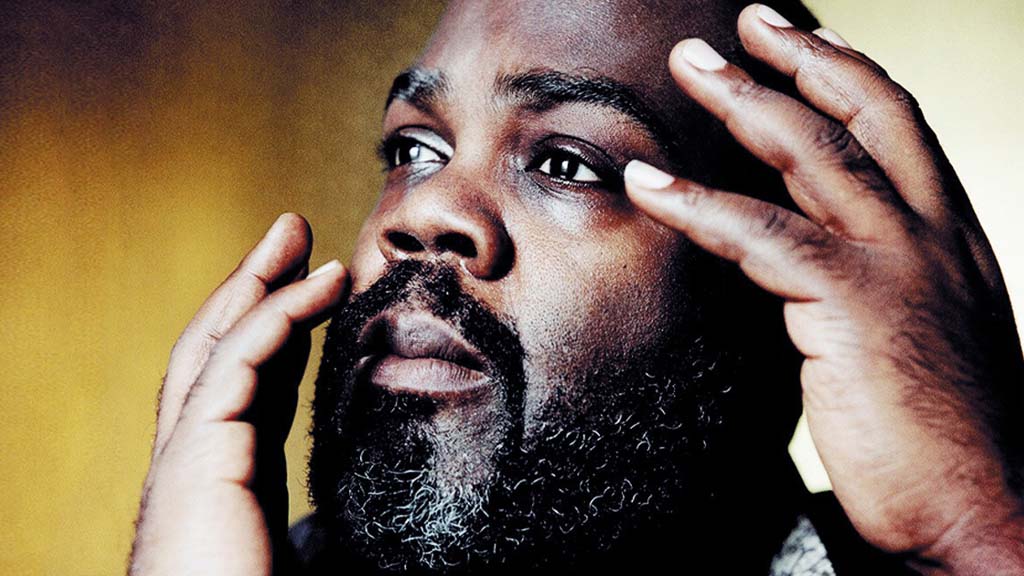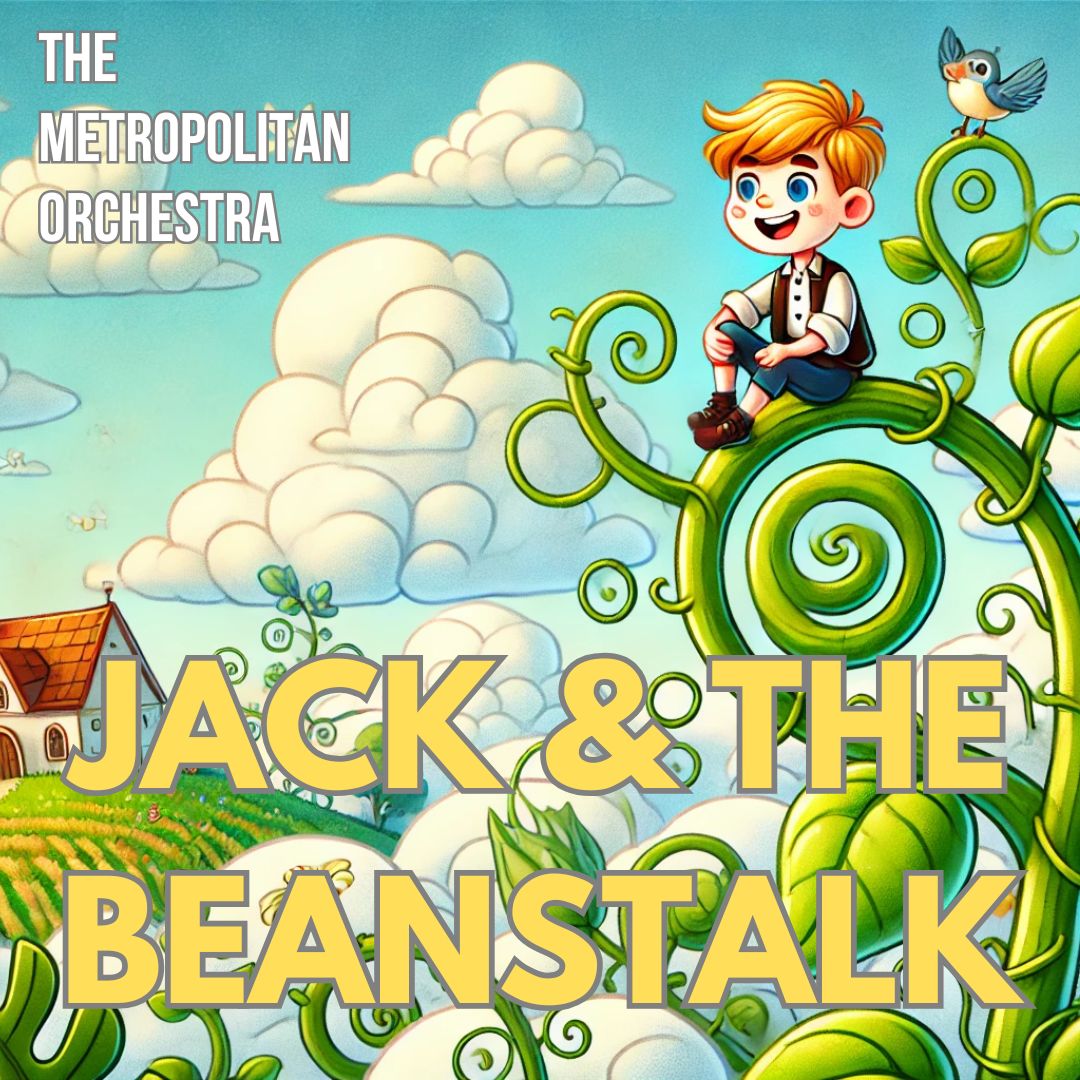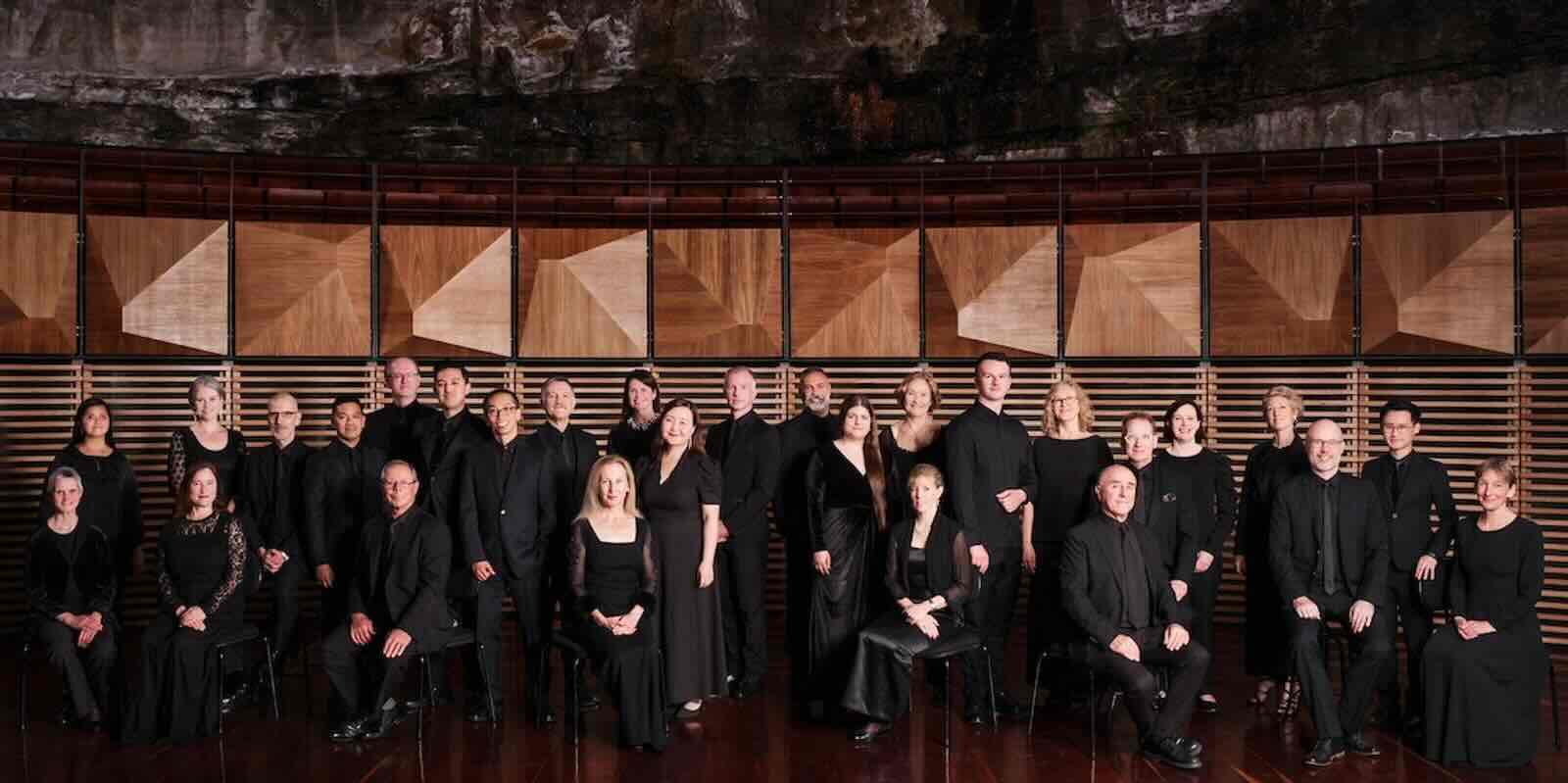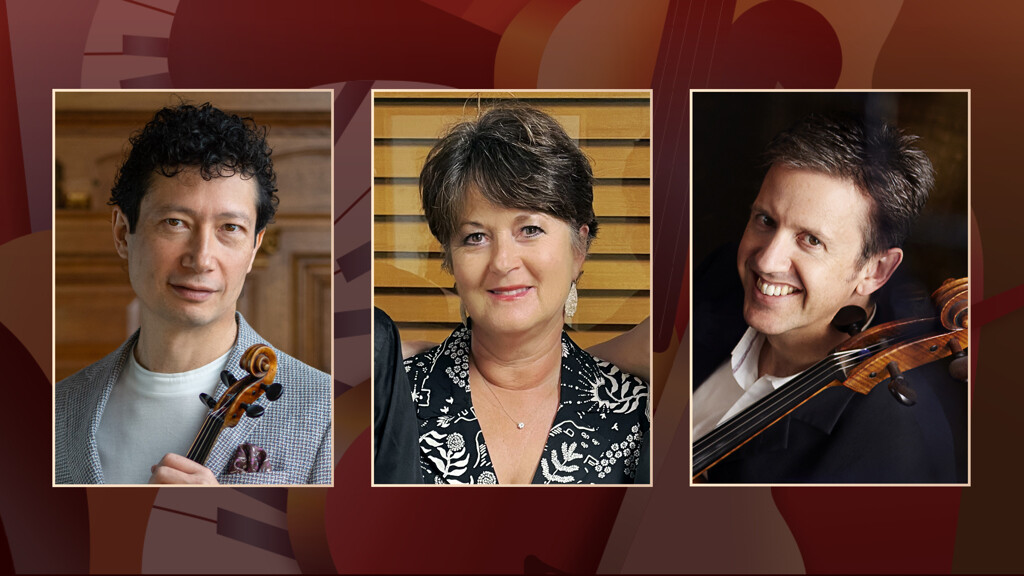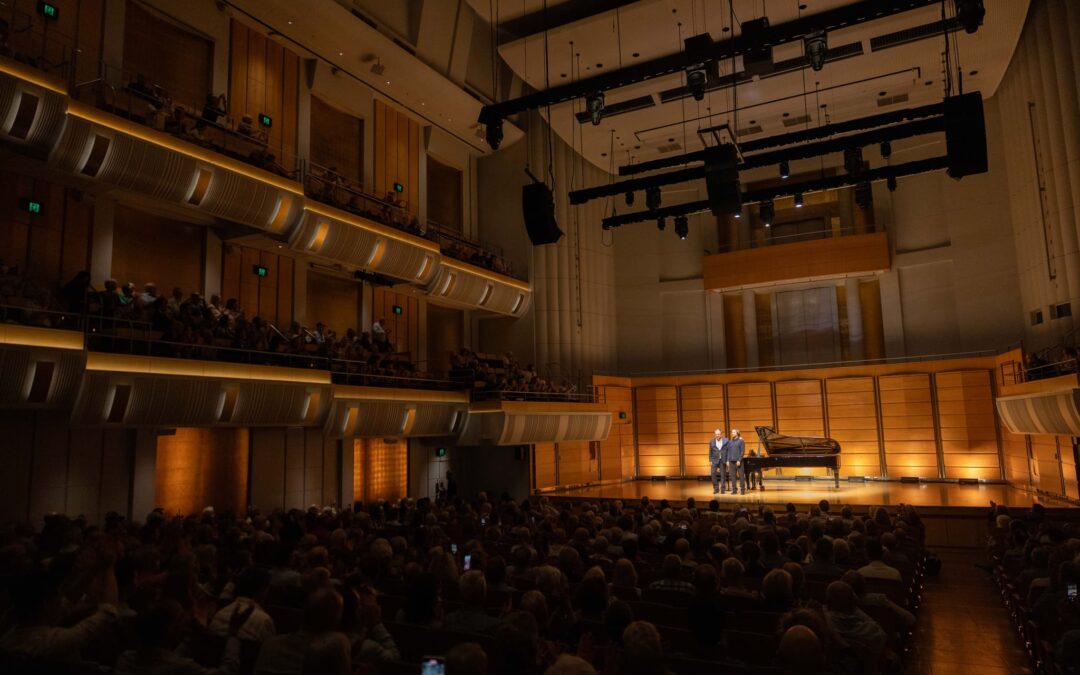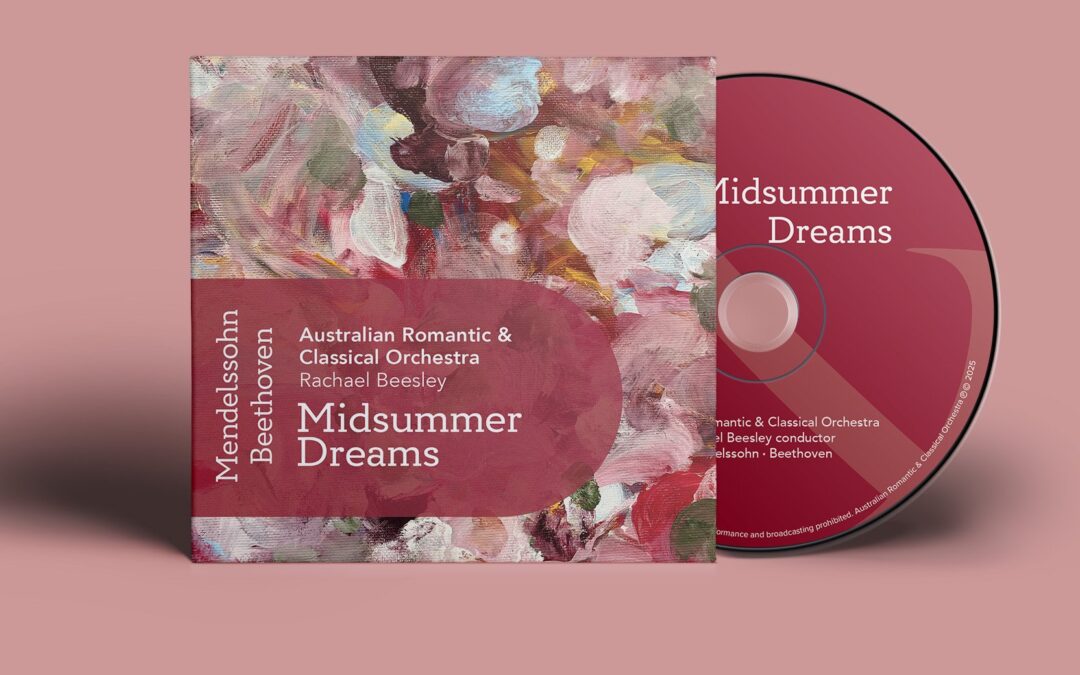Ensemble Offspring | Psychedelic Frenzy
March 23, 2024, The Neilson Theatre, Walsh Bay
‘Beijing: loud, foggy, smoggy,
Chaotic, dense, intense
…still quite charming’
(Gander 2010)
And so was the opening work of Ensemble Offspring’s concert on Saturday night, based on the theme of ‘Psychedelic Frenzy’. In the intimate yet stylish concert space of the Australian Chamber Orchestra, the Sydney-based purveyor of living music gifted a captivated audience four Australian premieres and one world premiere. And nothing composed before 2001!
The evening kicked off with a bang with Austrian composer Bernhard Gander’s Beijing (2010, rev. 2024), a fun and flamboyant miniature for tenor saxophone and bass clarinet, performed by the talented Jason Noble and EO’s 2024 Hatched Associate Artist, Alice Morgan. It was an excellent choice as a starter for a program with ‘frenzy’ in the title; a short burst of frantic cacophony, like a fanfare, inspired by the titular Chinese city so evocative of how we imagine urban landscapes today.
Immediately followed Claire Edwardes’ intense performance of Kate Moore’s new composition, Joyful Melodies (2024), written for solo vibraphone. This world premiere, commissioned by Ensemble Offspring with the support of the Silo Collective, explores ‘what it means to be joyful and what the difference is between being joyful and being happy. Joyful is happy where happy is satisfied, joyful is ecstatic where happy is accepting, joy embraces pain and beauty together.’ This minimalist work, based on repeating patterns in which Edwardes masterfully brought out fragments of melody, is at once reflective, before growing increasingly frenzied. I never knew the vibraphone could create such a potent sound; it had a clear bell-like sonority, which resounded in the space remarkably well; the repetition of melodic figures brought out the harmony in almost a physical way. I could feel the paper edges of my program buzzing from the vibrations of the instrument, and my ears were just on the edge of ringing. This was only compounded by Moore’s use of bass pedal point, so effective in the space, and the contrast of the melodic sections with frenetic tremolos based on alternating diads. Edwardes’ sheer focus over the course of this long piece was spectacular. With her teeth gritted and brow furrowed in concentration, Moore’s music became drama. This is the ‘painful’ kind of joy Moore was portraying, I am sure.
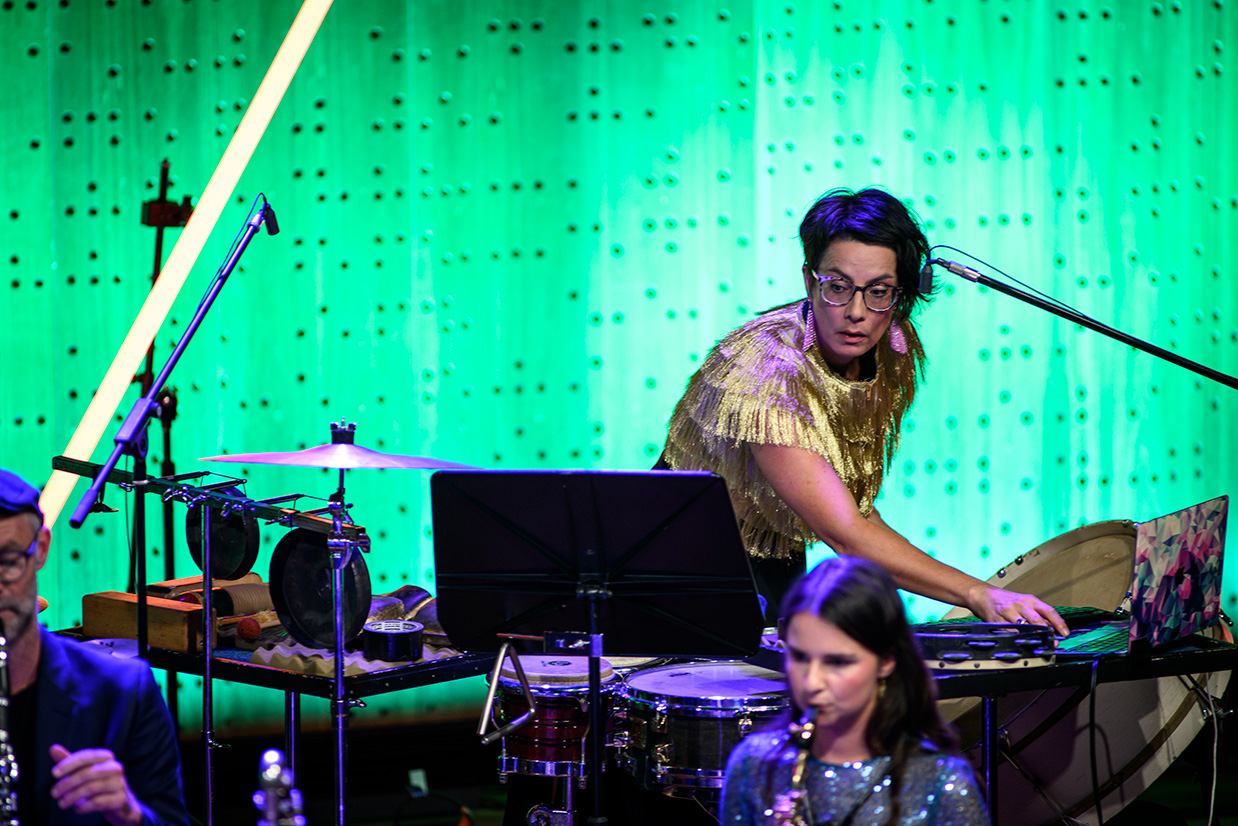
North American composer Wang Lu’s Cloud Intimacy (2016) was the first big ensemble work for an eclectic mix of clarinet/bass clarinet, soprano saxophone/alto saxophone, viola, piano, electric guitar and percussion/electronics. Wang Lu’s interest in urban environments and linguistics was brought out with polish and humour; I admit this was my favourite piece on the program. A ‘musical commentary on absurd internet social phenomena and the reality of deeply felt loneliness and isolation’, Cloud Intimacy included such sounds as typing, notifications (I definitely heard some tweeting!), and mournful echoes of Wagner’s liebestod from Tristan and Isolde, indicative of that kind of ‘unattainable love through mortality that feels so disconnected to the instant gratification of our time’ (Lu 2016). The fragments of melody on saxophone and clarinet added an element of sexiness, or distorted romance, whilst the abrasive electric guitar and electronics added a sense of urban grunge to the instrumental timbres associated with more ‘classical’ music. Many of the audience were smiling during the piece, myself included, and there were multiple laughs throughout when Andrew Jezek interrupted his viola playing to take selfies mid-piece, and the notification tone of a rejected suitor on a dating app was brought to life when Noble put down his clarinet and ‘swiped’ through mid-air.
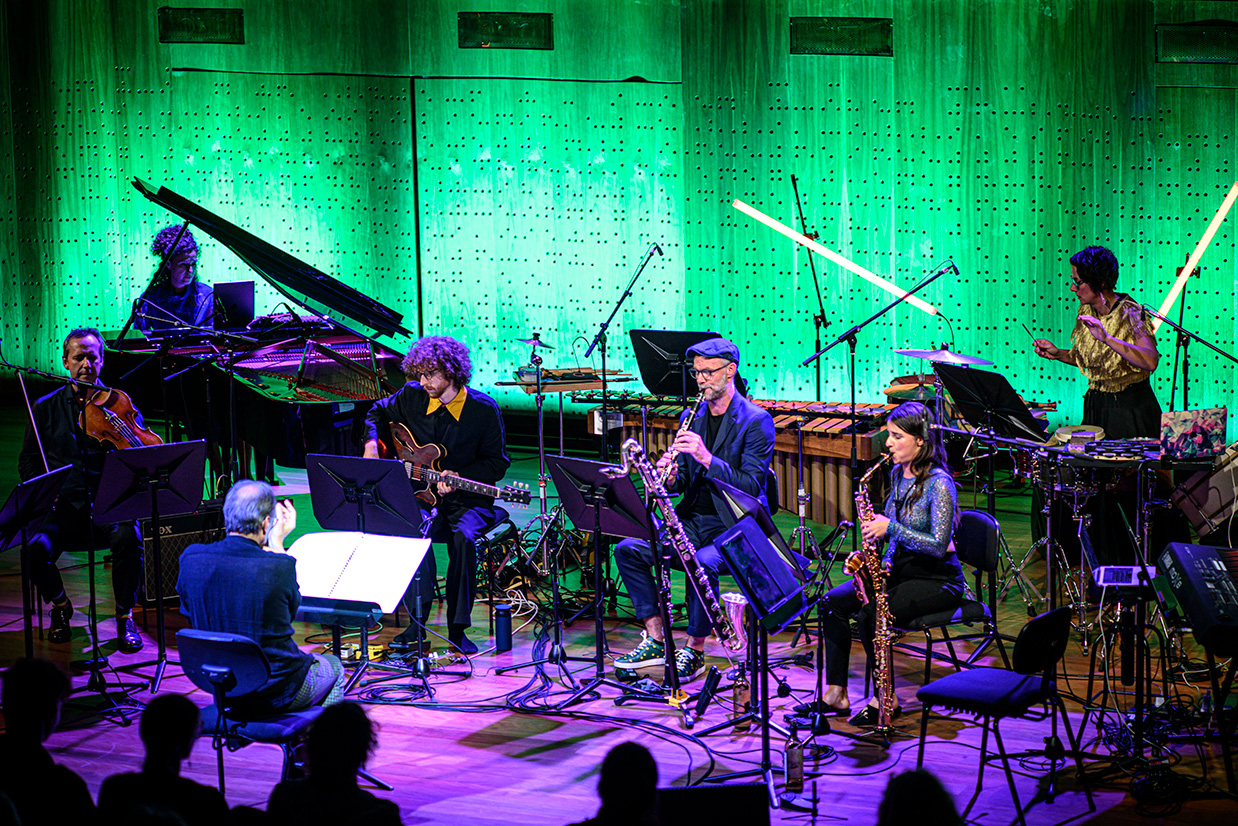
The aesthetic of a city lighting up the night continued throughout the entire evening, with the space lit with vibrant reds and blues. The use of this particular lighting, designed by Veronique Bennet was poignant in English composer Hannah Peel’s Neon (2021), for flute, clarinet, violin, cello, vibraphone and electronics, which reflects on the discovery and ability to blend light, science and glass-bending to create this ever-present symbol of urban nightlife, and its loss in the digital age. In three movements, this work was of similar sound aesthetic to Joyful Melodies, with the soothing bell-like quality of the vibraphone, sometimes effectively bowed, reverberating throughout the space. The first movement, Shinjuku, was built on instrumental layering, beginning with a joyous piano ostinato played by Sonia Lifschitz that continued throughout the entire section, and amplified flute from Lamorna Nightingale and clarinet from Jason Noble. During movements 2, Born of Breath, and 3, Vanishing, the mood turns sour and reflective, as the audience is invited to mourn the ‘eventual vanishing of this beautiful art form’ (Peel 2021).
Finally, the late Italian composer Fausto Romitelli’s Amok Koma (2001) for flute, 2 clarinets, bass clarinet, violin, viola, cello, piano, percussion and keyboard/MIDI sampler, completed the evening with a rawness not heard yet that night. After Peel’s Neon, where every instrument had been in a kind of dialogue, Romitelli’s work had every instrument (and indeed it seemed like every instrument) working together in some kind of clamorous, stubborn unison, despite the sheer contrast of all the timbres involved. Romitelli’s idea of the piece is rooted in linear processes, a ‘pretext’ allowing him to explore ‘the advent of a hidden violence which is revealed only by the chaotic drift of the material, by the ritual of its destruction as discursive element carrying form and its resurrection as incandescent material, therefore, beyond all control’ (Romitelli 2001). As Edwardes explained, it was this psychedelic frenzy of a piece that inspired the program, and represented a blend of rock and art music. The work was a feat of virtuosity from every performer, and was met with resounding applause from all.
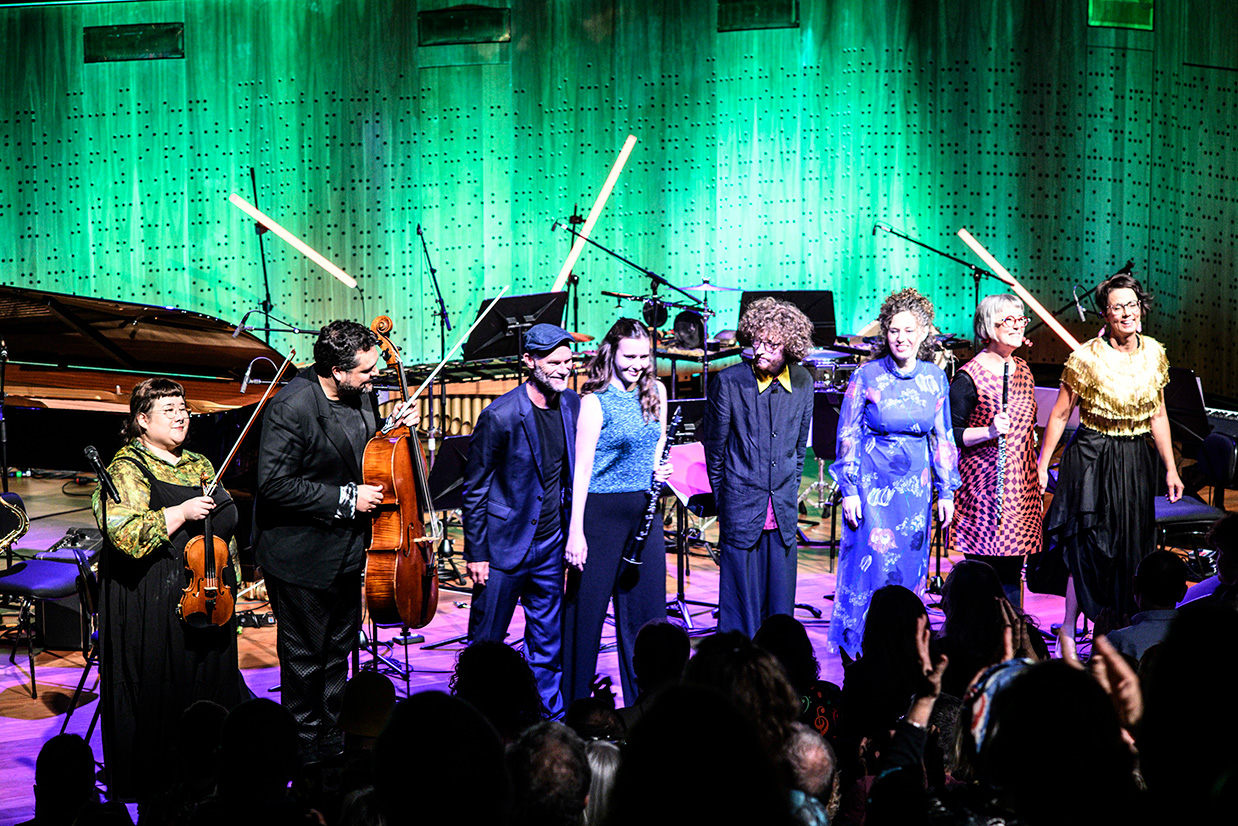
This concert has been one of my favourite Ensemble Offspring concerts to date, and I invite anyone with an interest in challenging, and quite simply fun, new music to attend their next concert series, Avant Gardens 1, April 27 & 28. Also, EO has really cool T-shirts now (they have skeletons on them)!
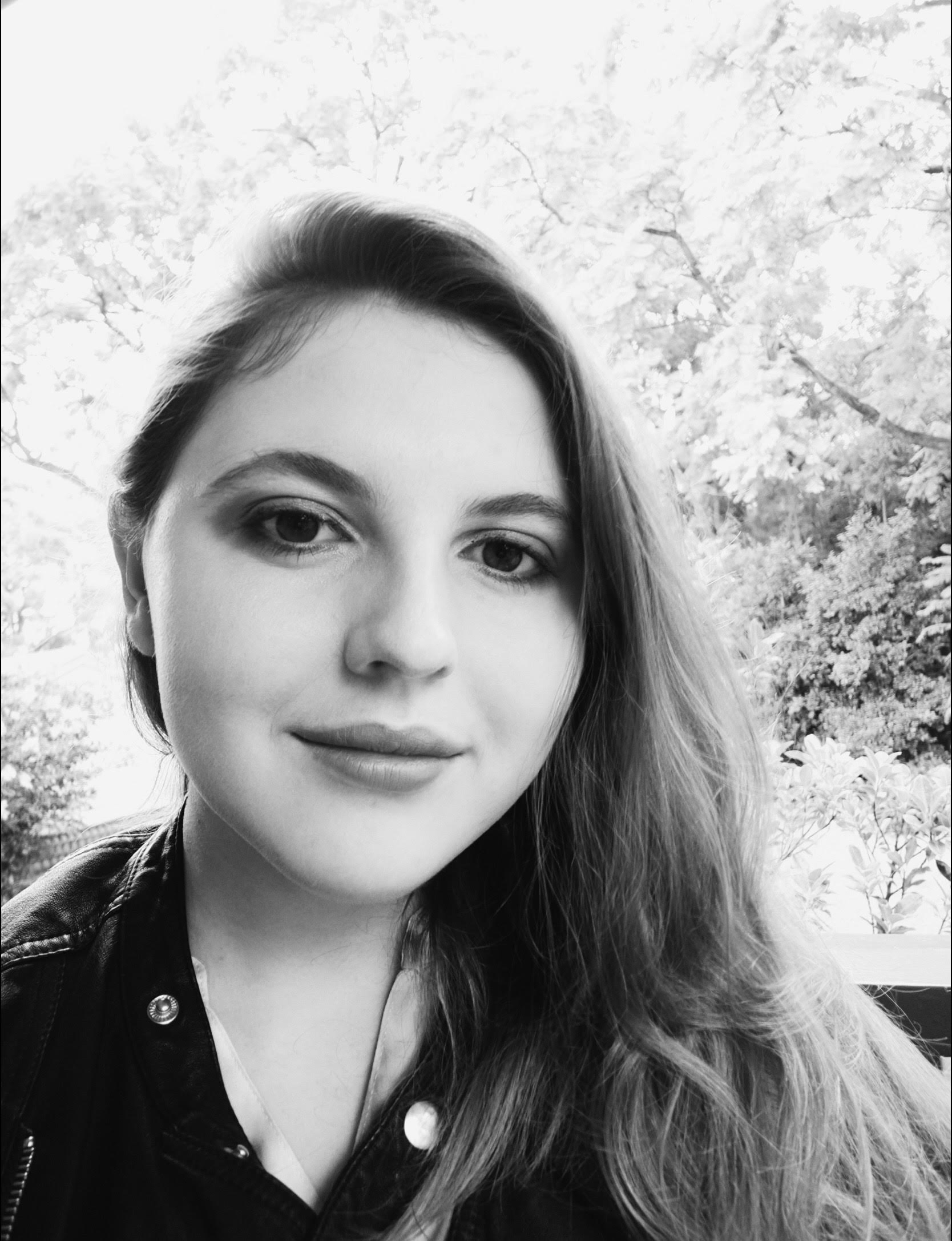 Guest reviewer: Courtney Cousins
Guest reviewer: Courtney Cousins
Photo credit: Oliver Miller



